Pope Francis announced Tuesday that all priests will have the authority to absolve the Catholic sin of abortion during the upcoming Extraordinary Jubilee Year of Mercy, which will begin Dec. 8.
It is a bold move, and a spiritual one. Pope Francis is not addressing politicians. He is providing guidance to his Pontifical Council for the New Evangelization as he prepares the Catholic Church for a year of intentional mercy designed to foster spiritual renewal.
Pope Francis’ offer is also not new — it widens a common Catholic practice. Traditionally bishops are the ones who have the authority to grant forgiveness for certain grave sins like abortion, and they have in the past also shared that power with priests. As the top bishop, the Bishop of Rome, Francis is making that practice as wide as possible during the Jubilee Year.
Forgiving abortion is not the same as saying abortion is now acceptable: forgiveness implies a turning of heart, with the goal of change. Pope Francis made this clear in his papal bull announcing the Jubilee Year in April. “This is the opportune moment to change our lives! This is the time to allow our hearts to be touched! When faced with evil deeds, even in the face of serious crimes, it is the time to listen to the cry of innocent people who are deprived of their property, their dignity, their feelings, and even their very lives,” he wrote. “To stick to the way of evil will only leave one deluded and sad. True life is something entirely different. God never tires of reaching out to us. He is always ready to listen, as I am too, along with my brother bishops and priests.”
The Vatican made this clear again Tuesday after the Pope’s letter was announced. “Forgiveness of the sin of abortion does not condone abortion nor minimize its grave effects,” Father Thomas Rosica, the Vatican’s English-language press assistant, explained to reporters in an email. “The fact that this statement is coming from the Pope and in such a moving, pastoral way, is more evidence of the great pastoral approach and concern of Pope Francis.”
While the news spread quickly Tuesday, focusing solely on abortion misses the bigger picture of what Pope Francis is trying to do. Before he even mentioned indulgences for abortion in his letter, Pope Francis specifically addressed groups of people that can be easy to overlook — the sick, the elderly, the deceased, and the incarcerated — and directed special care be given to them during the Jubilee Year. His attention to those in prison is particularly noteworthy, as he imagines ways for them experience entering a church symbolically. “May the gesture of directing their thought and prayer to the Father each time they cross the threshold of their cell signify for them their passage through the Holy Door, because the mercy of God is able to transform hearts, and is also able to transform bars into an experience of freedom,” Pope Francis writes.
The move is also about the importance of the act of confession itself, and creating an environment of openness and safety in the church for people to confess. Abortion divides — it divides families, partners, communities, politics. In the Catholic Church, it also keeps people from experiencing the full communion of the church and being able to participate with others in church life. Confession for Catholics can be an opportunity for healing in a way that mere punishment prevents. The Pope’s goal is to bring people together, and confession is a way to experience reunion.
Confession itself is an act of utmost spiritual importance for Pope Francis. Francis has made confession central to his personal pastoral style from a young age, and even not in church contexts. Austen Ivereigh, one of Pope Francis’ biographers, tells the story in his book The Great Reformer about how Francis, then Jorge Bergoglio, disciplined one of his students when he taught secondary school decades ago. The student, Roberto Poggio, had slapped a younger boy during a sports game. “Bergoglio asked him to come to a classroom at a particular time,” Ivereigh recounts. “When he got there, he saw ten of the his friends sitting in a circle and Bergoglio sitting off to one side. ‘He told me I should tell my friends in detail what happened, and it became something that stuck with me for life. They were understanding, they gave advice, and somehow I felt as if a load been lifted from me — I felt no reproach or criticism from them,’ Poggio recounted.”
It is another reminder that Francis is a Pope with a purpose. He is structuring his mission to be pastoral and healing for all people, and especially those that the Church and society marginalize.
The Most Surprising Photos of Pope Francis
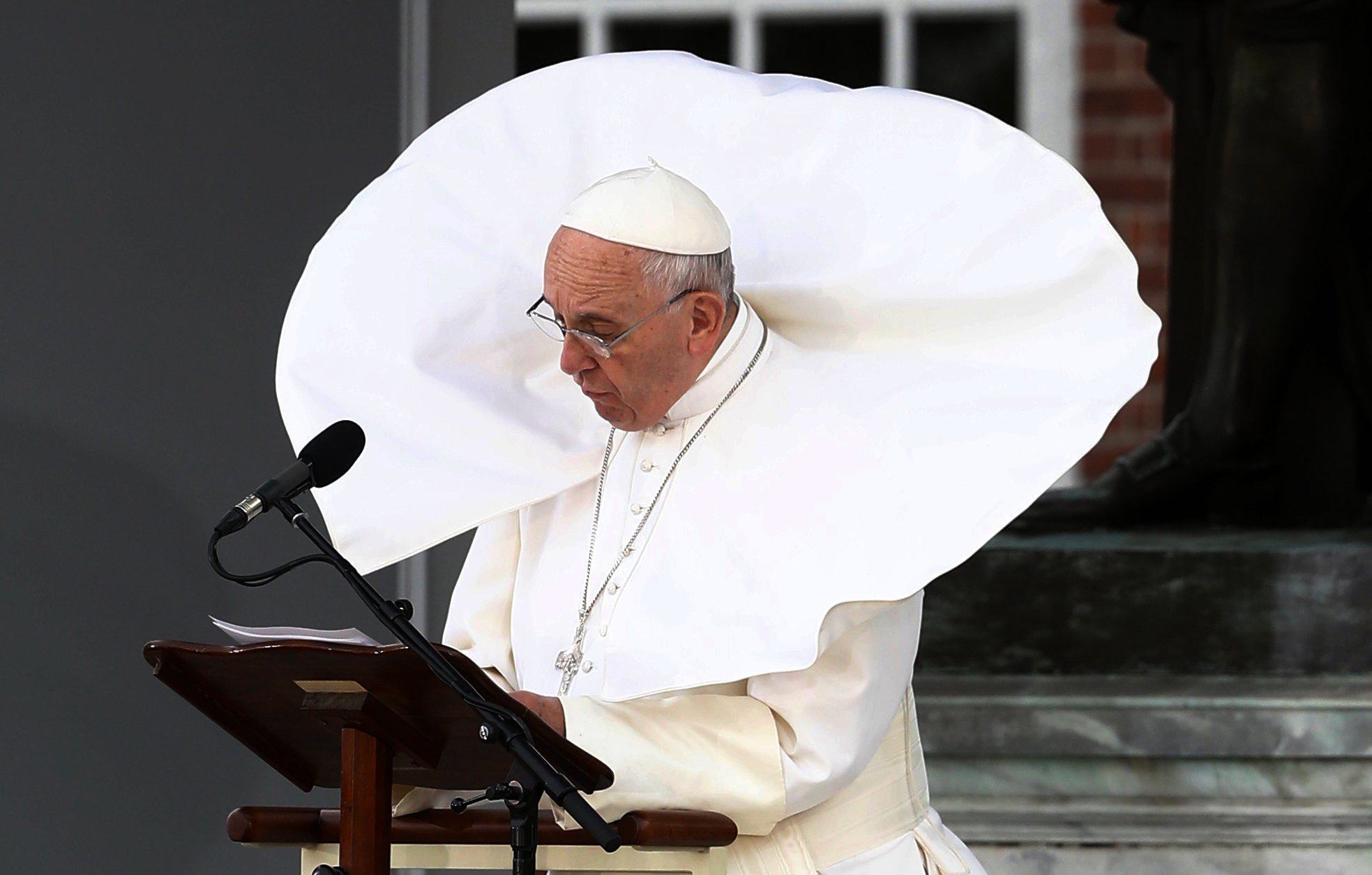
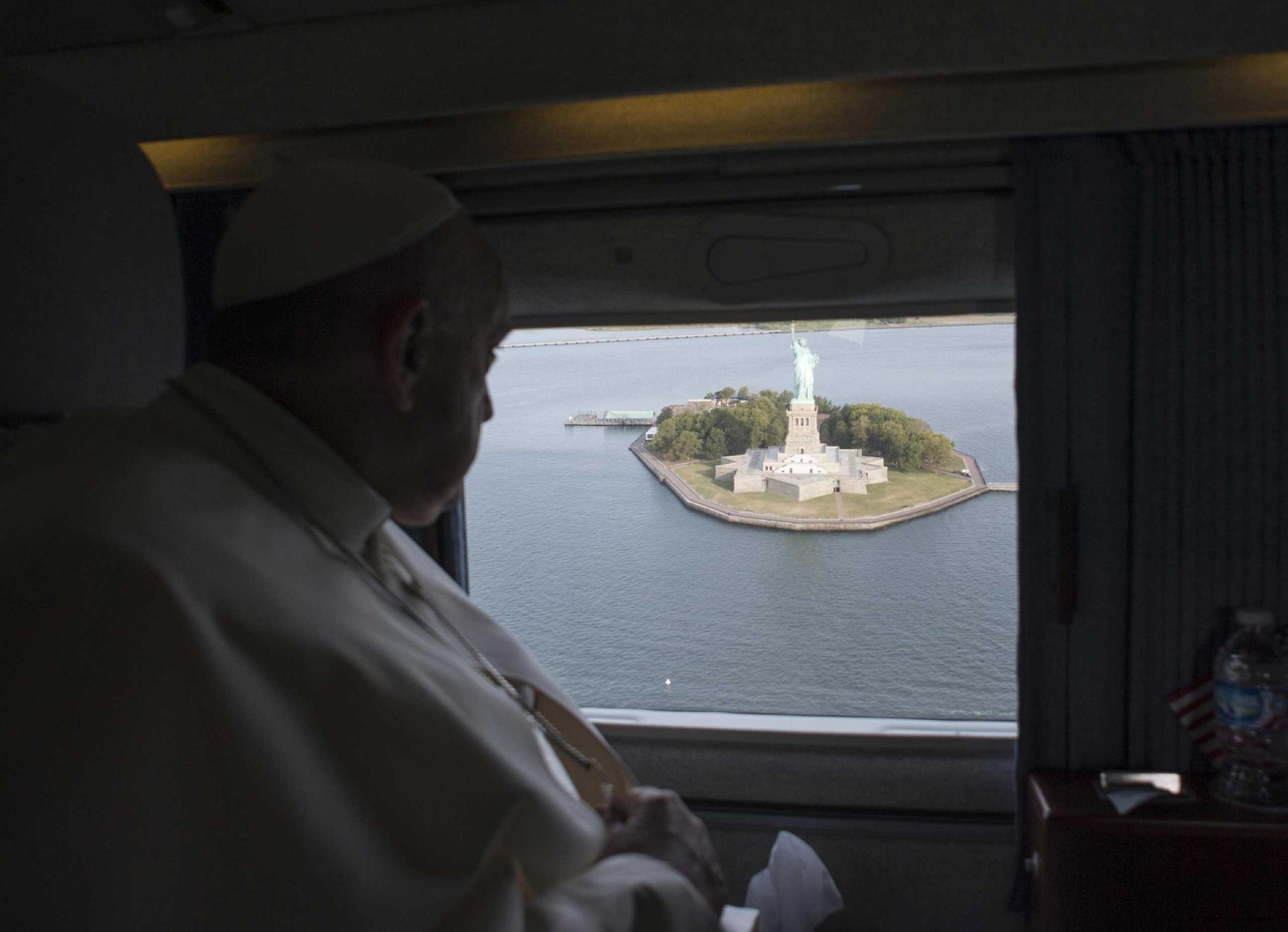
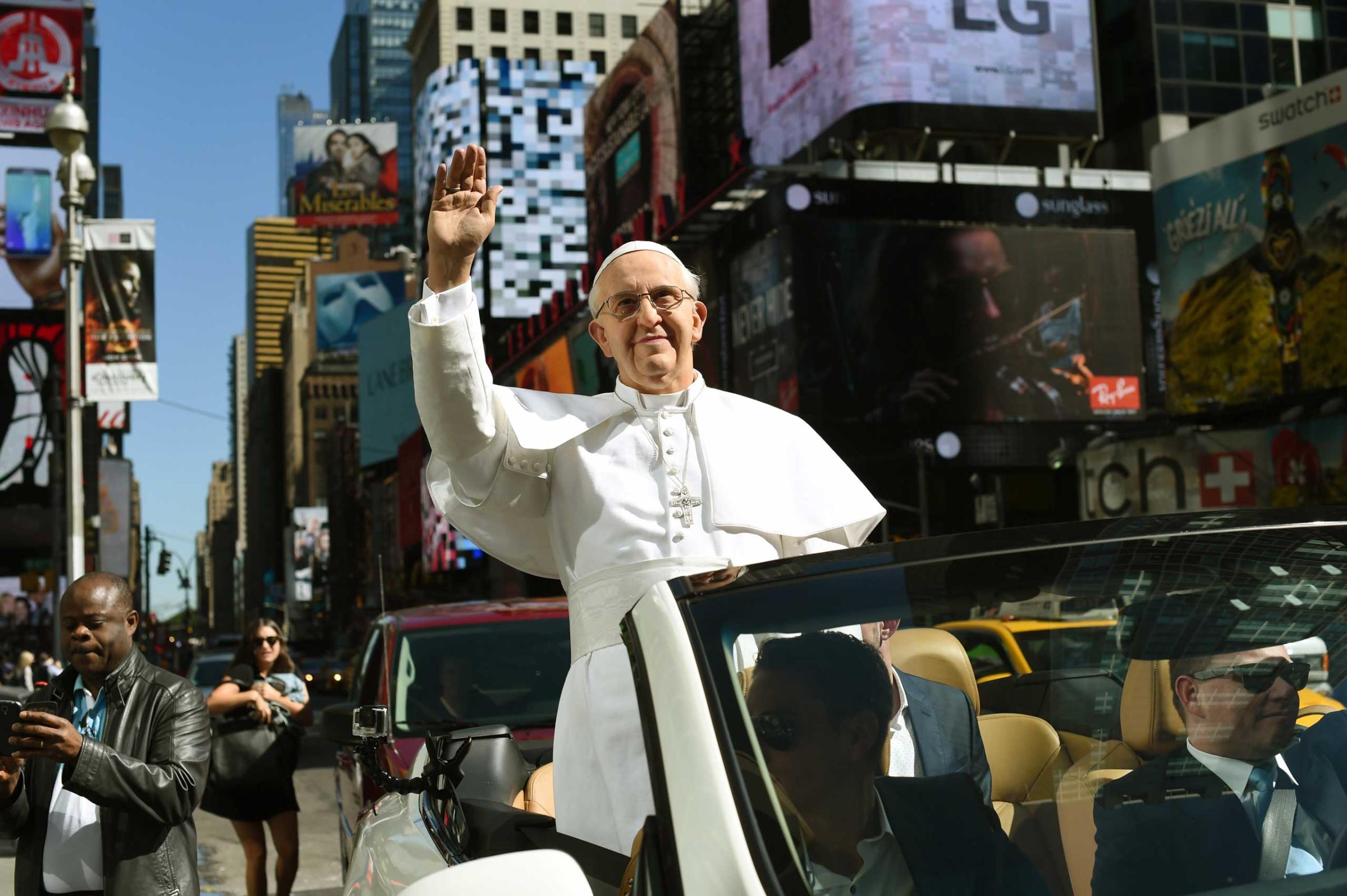
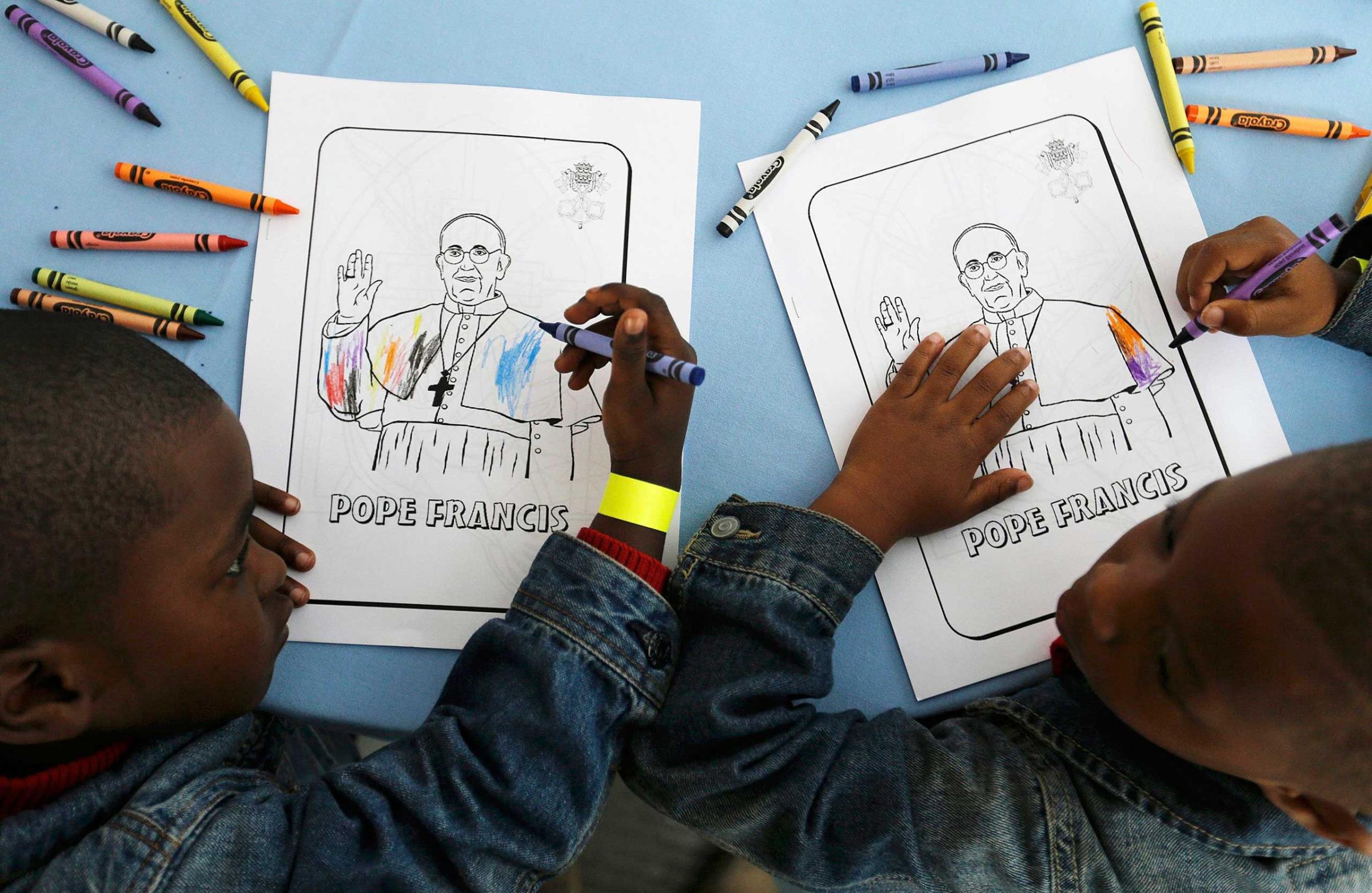
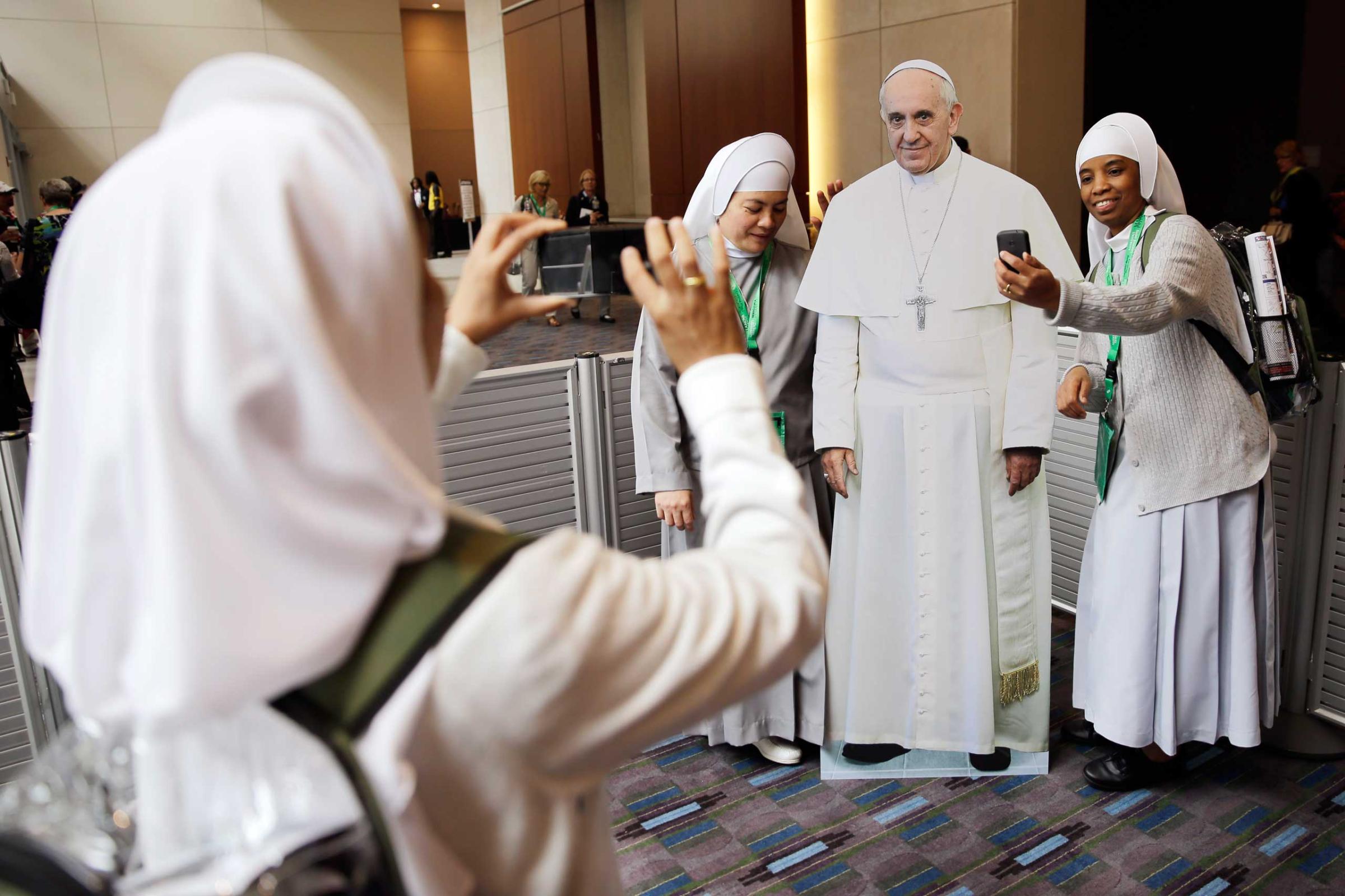
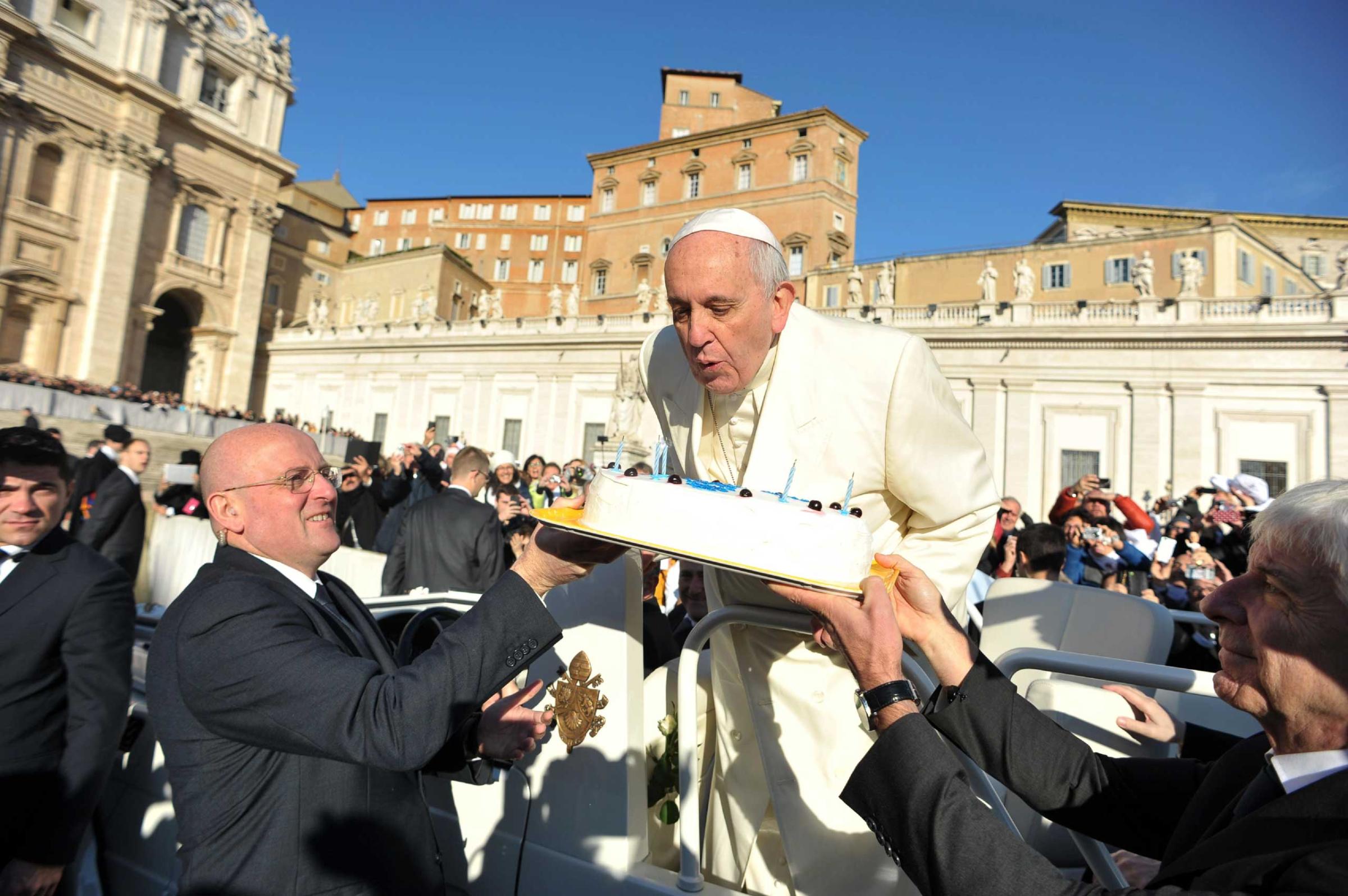
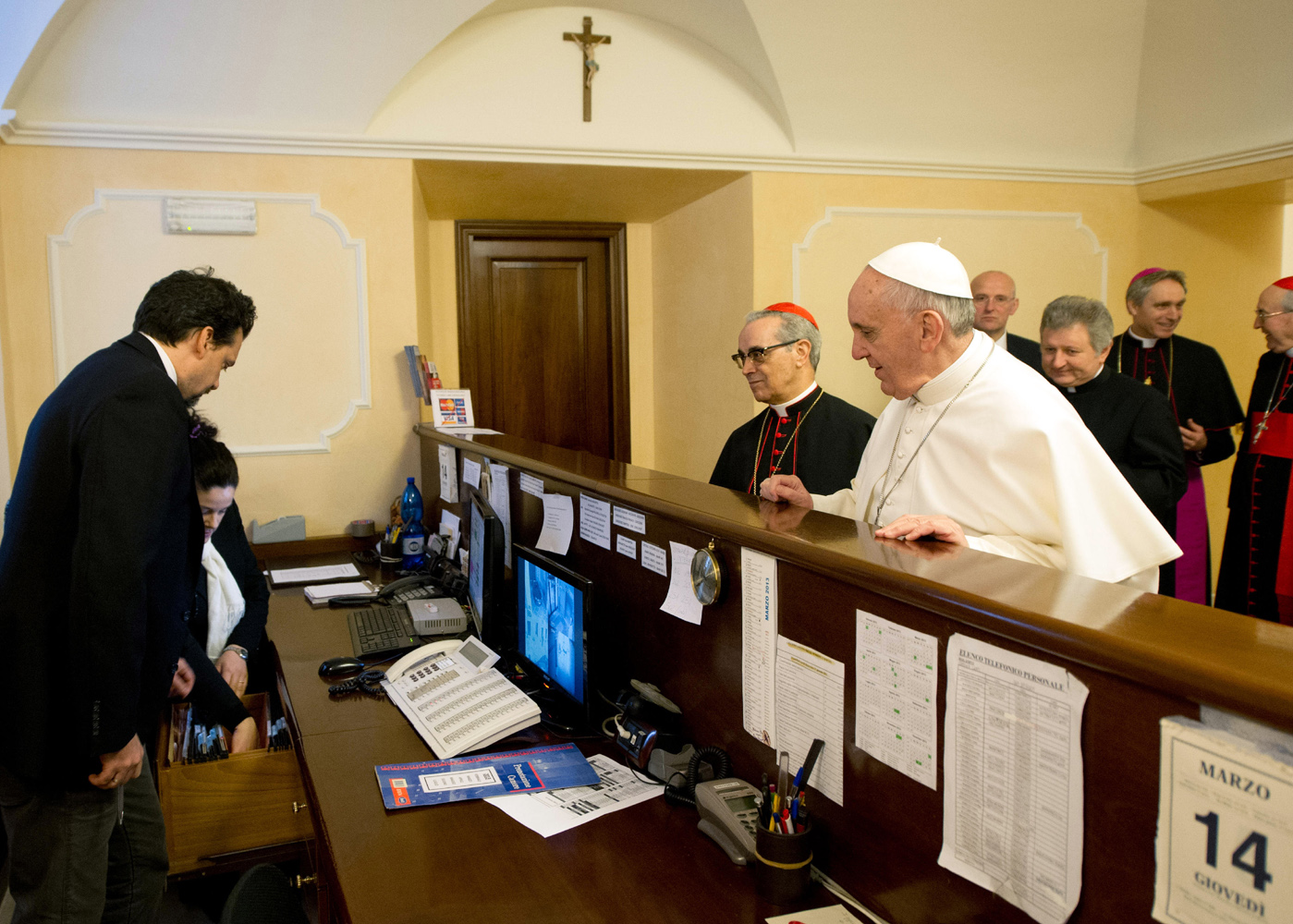
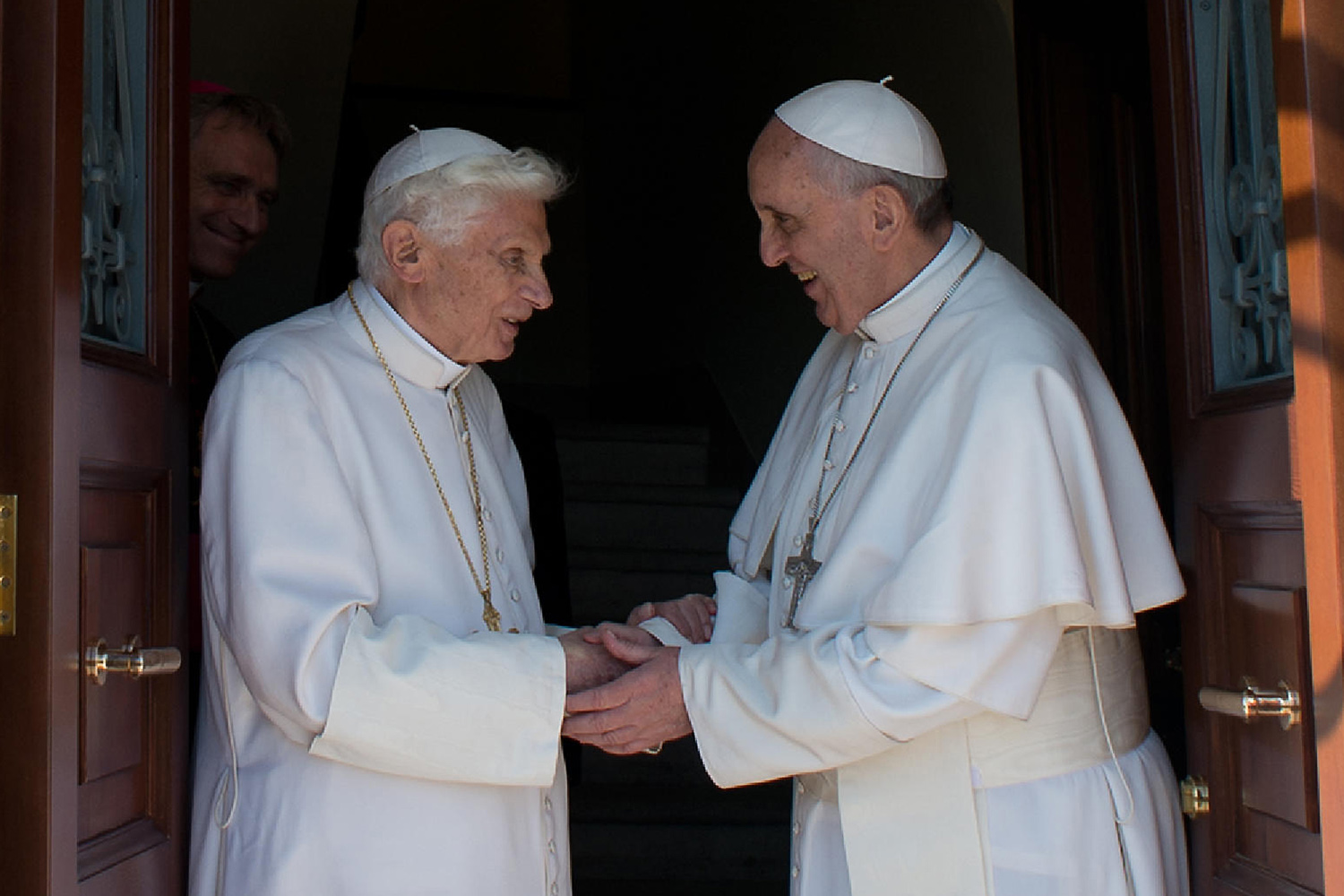
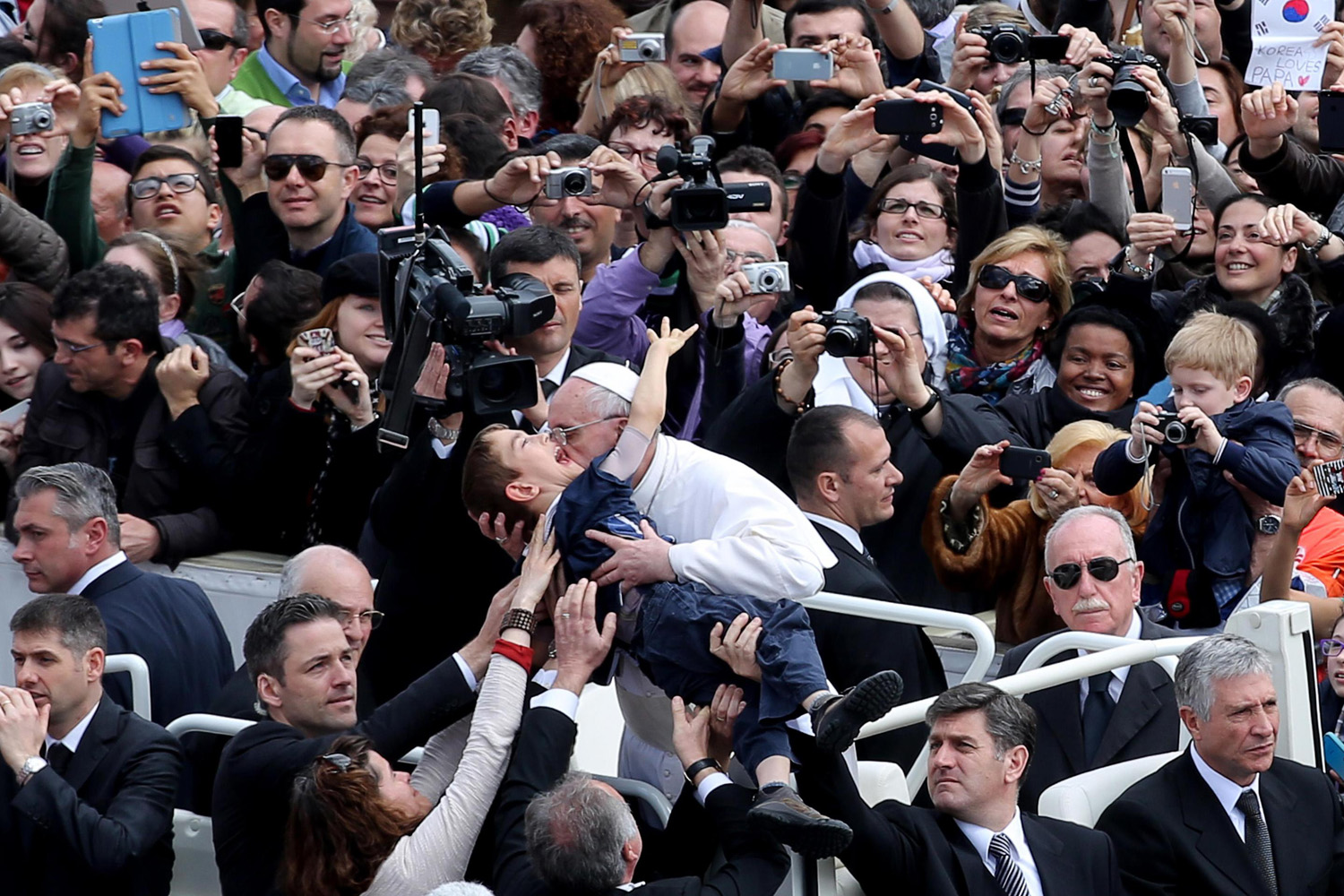

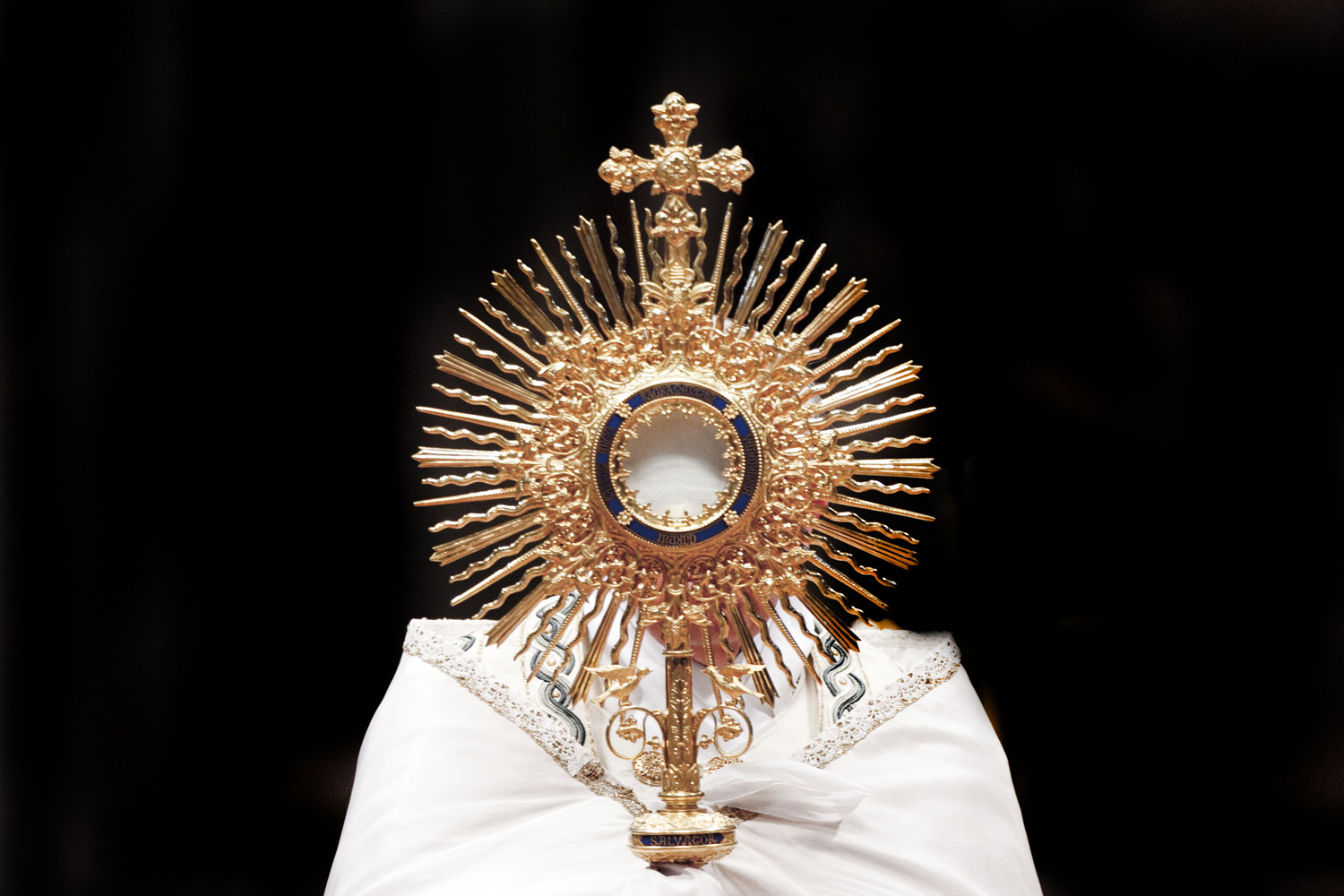

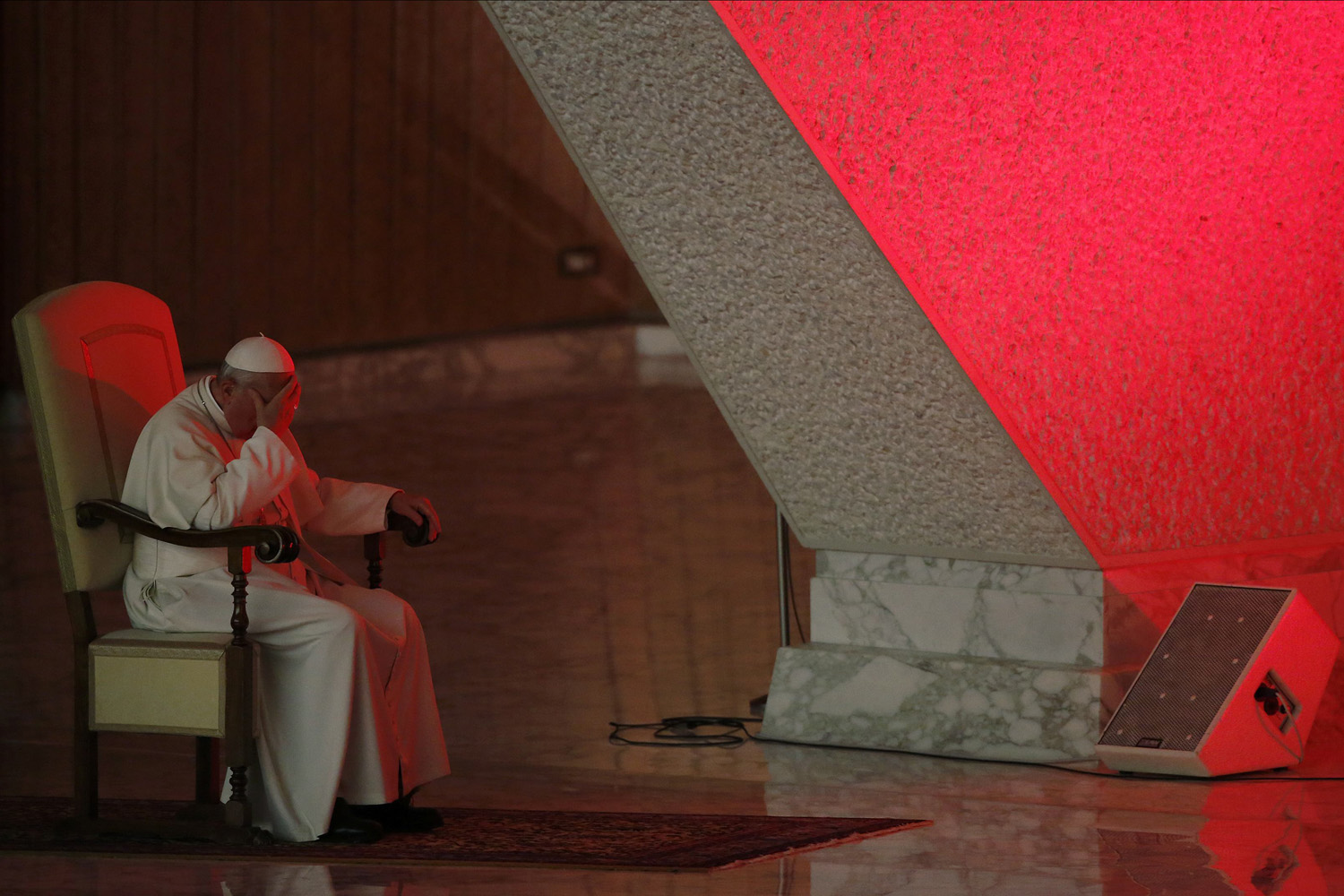
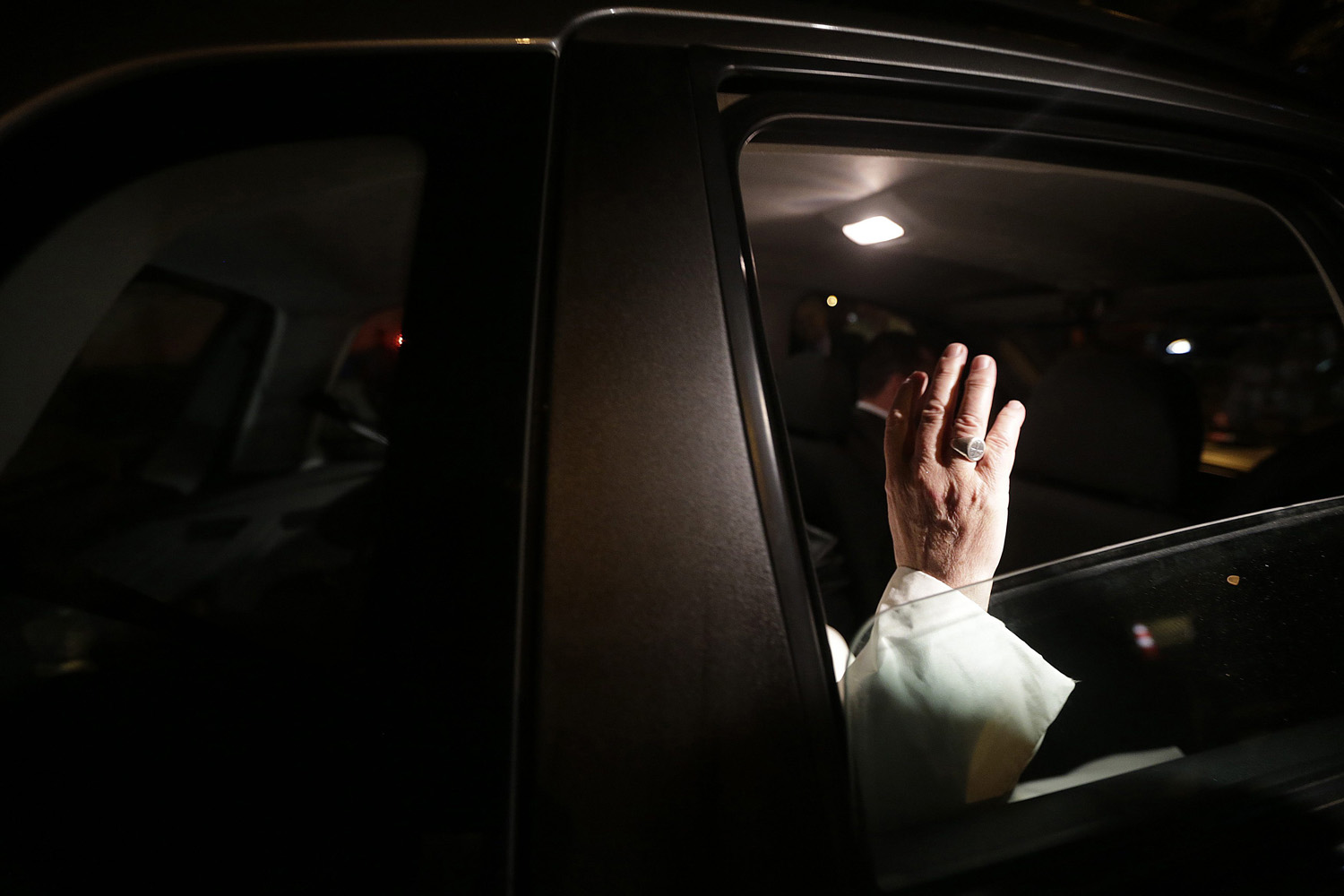
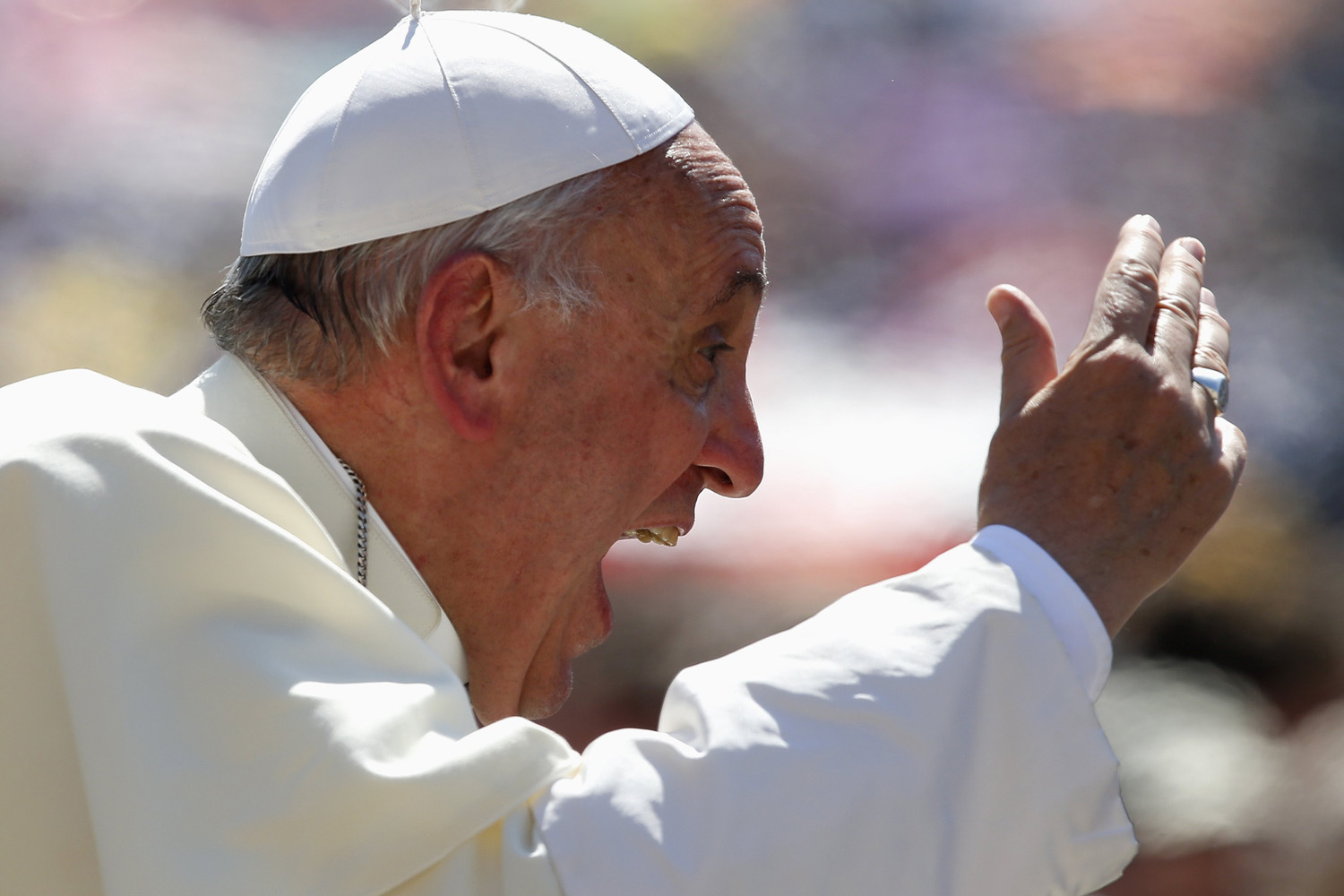
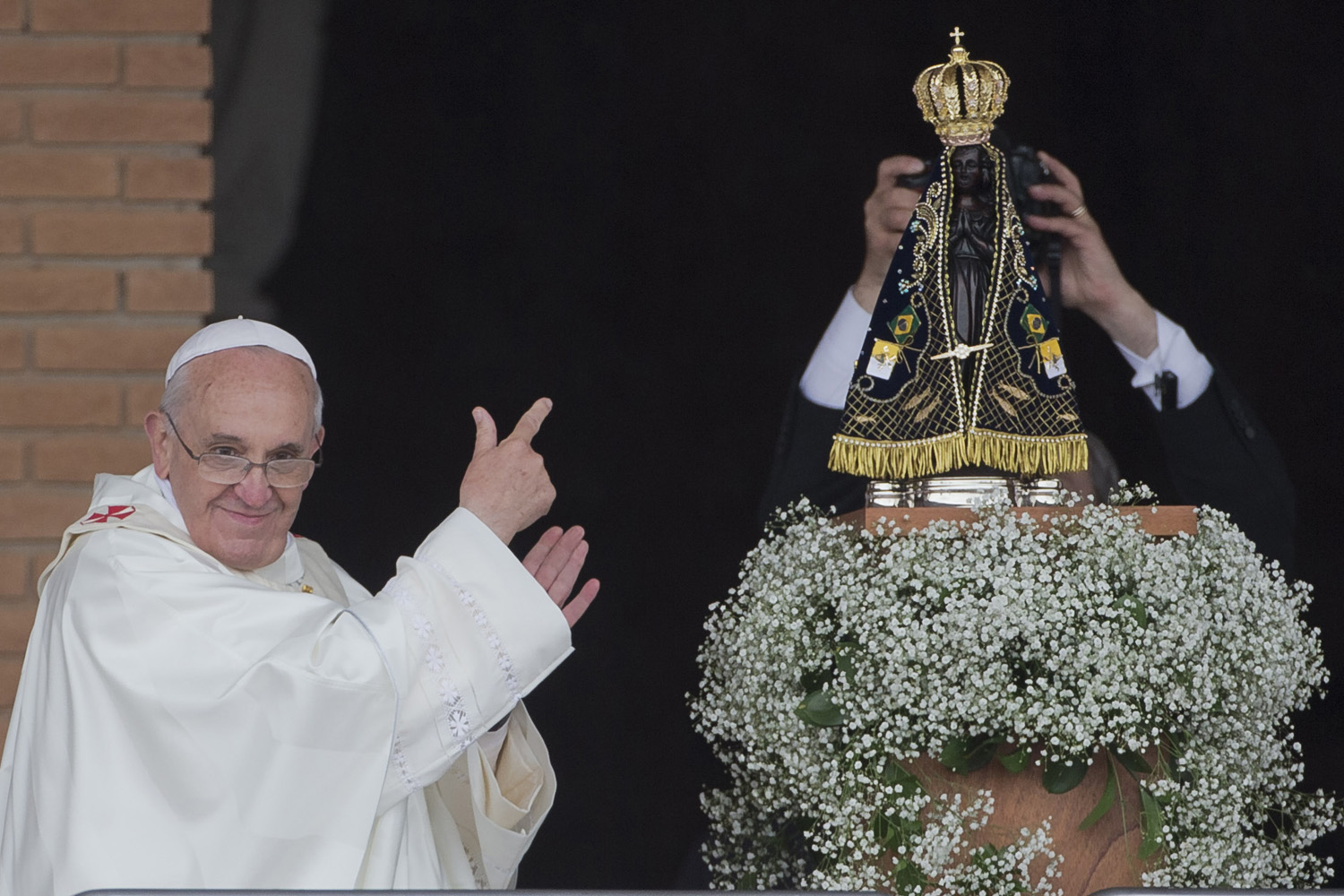
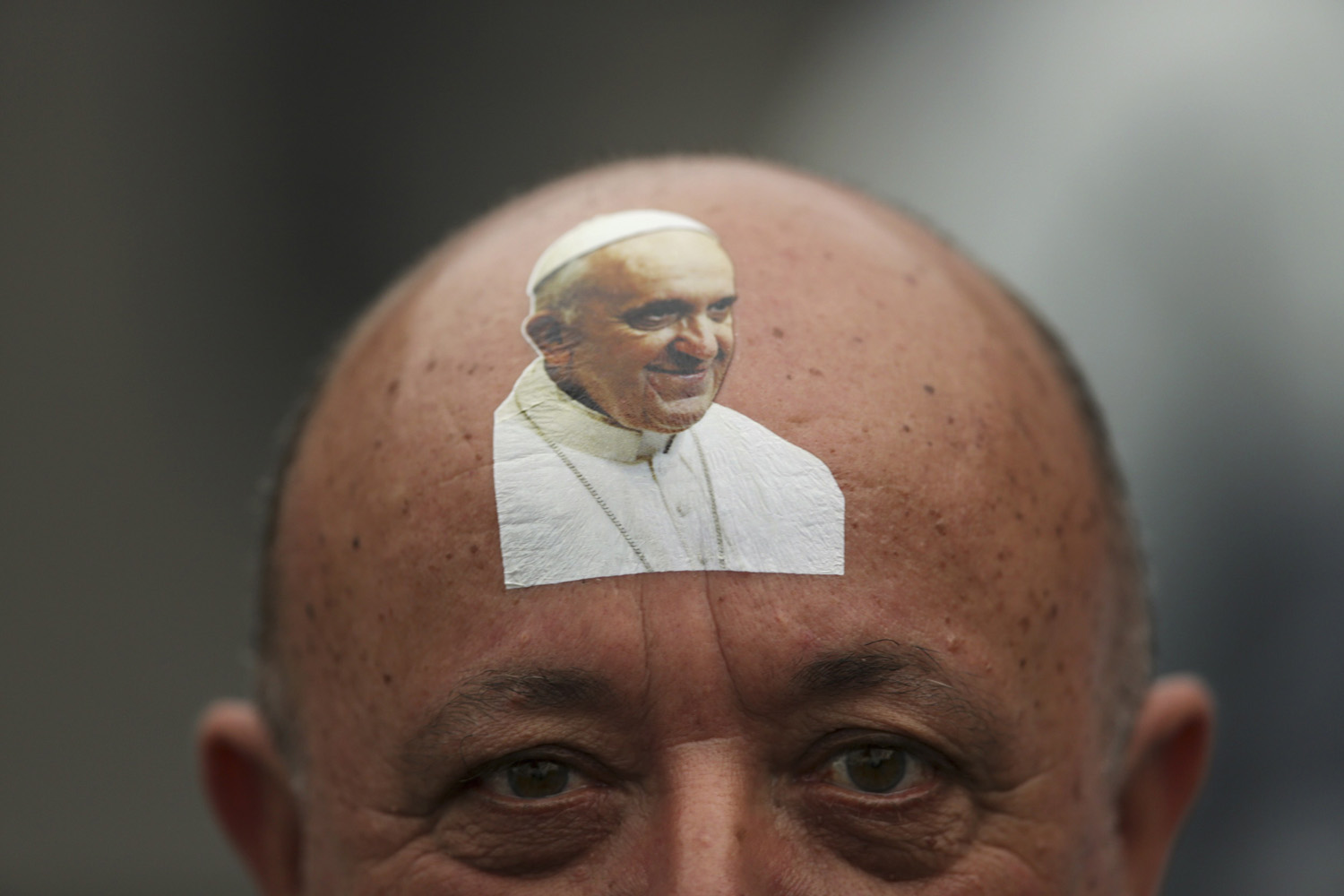
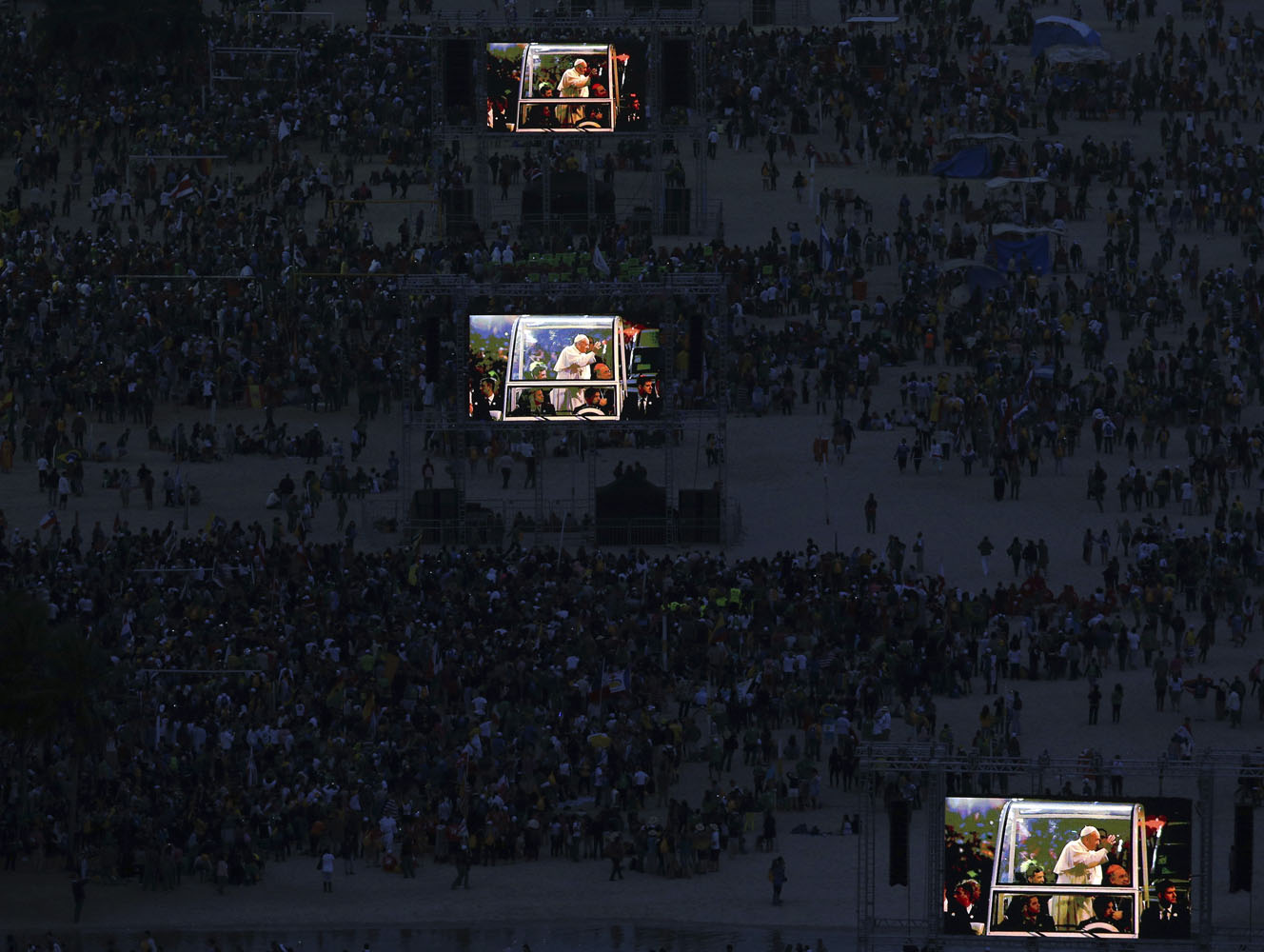


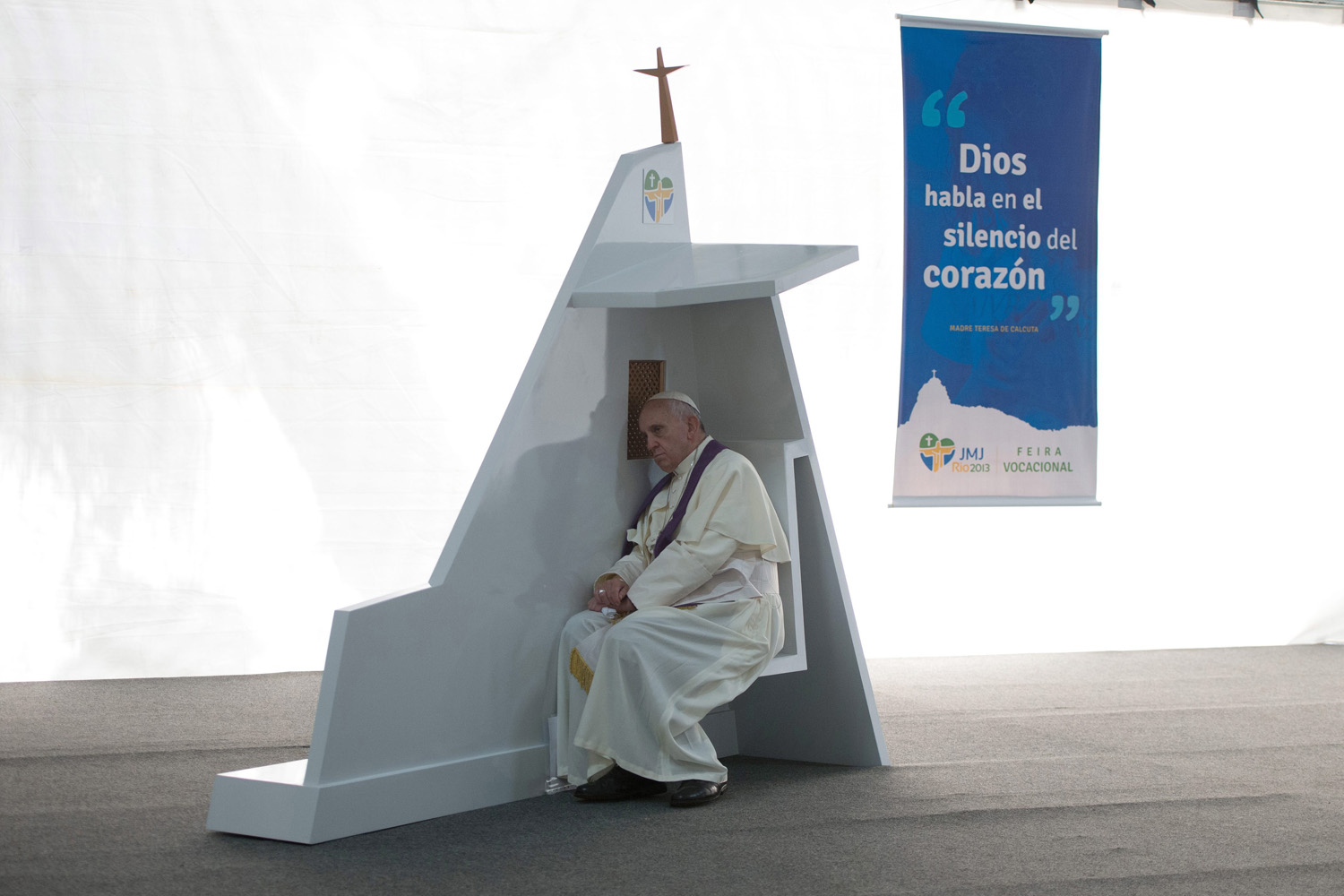
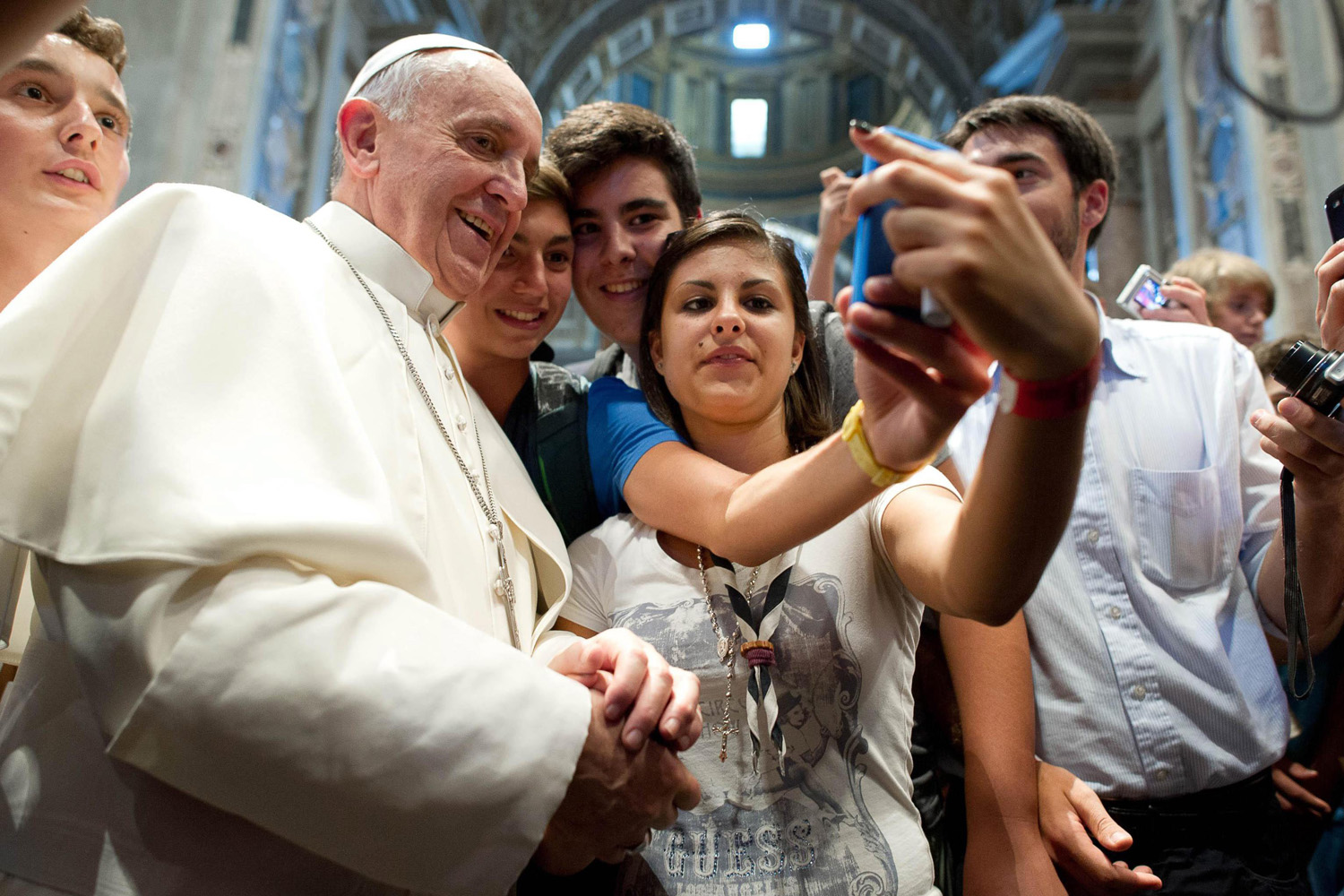
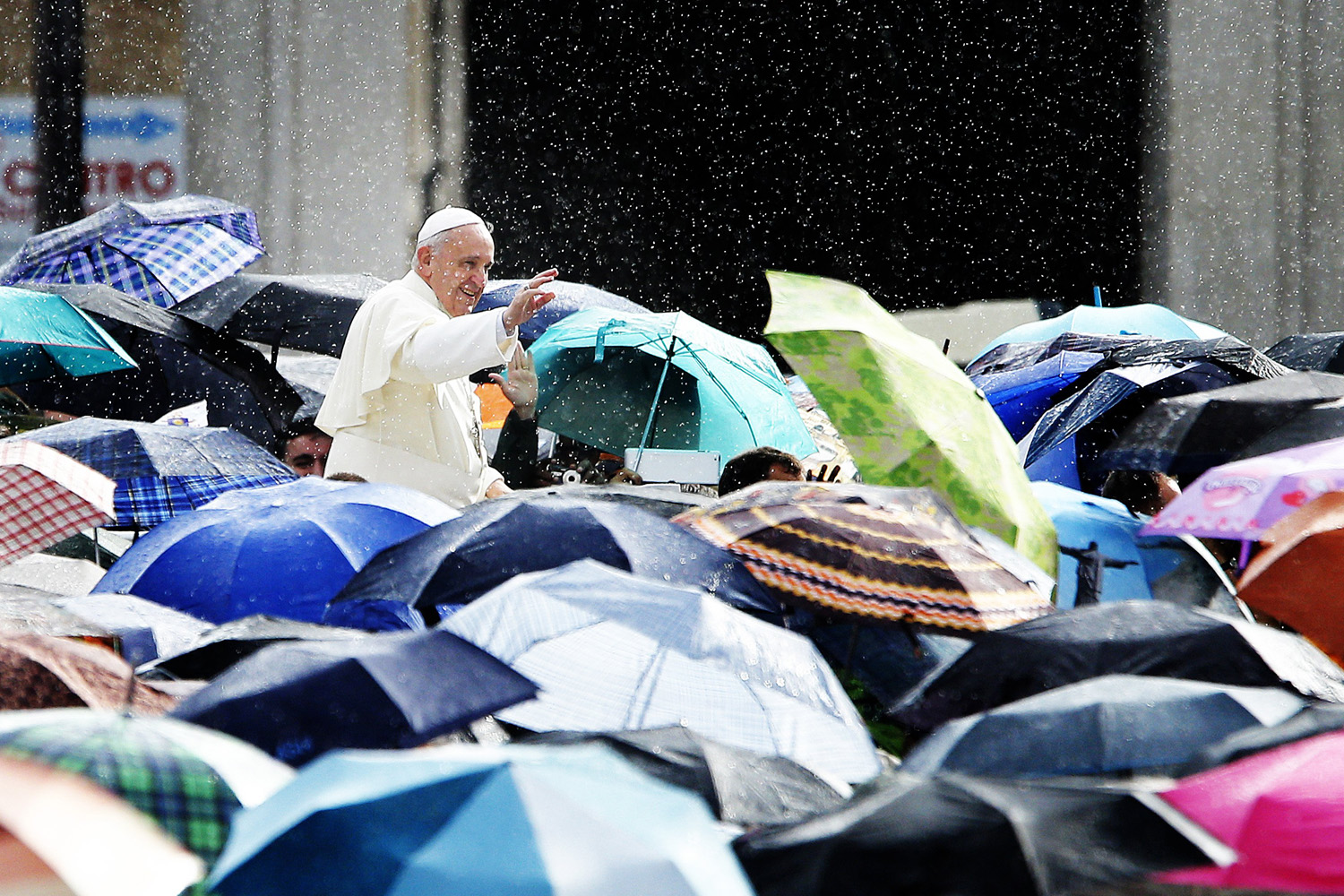
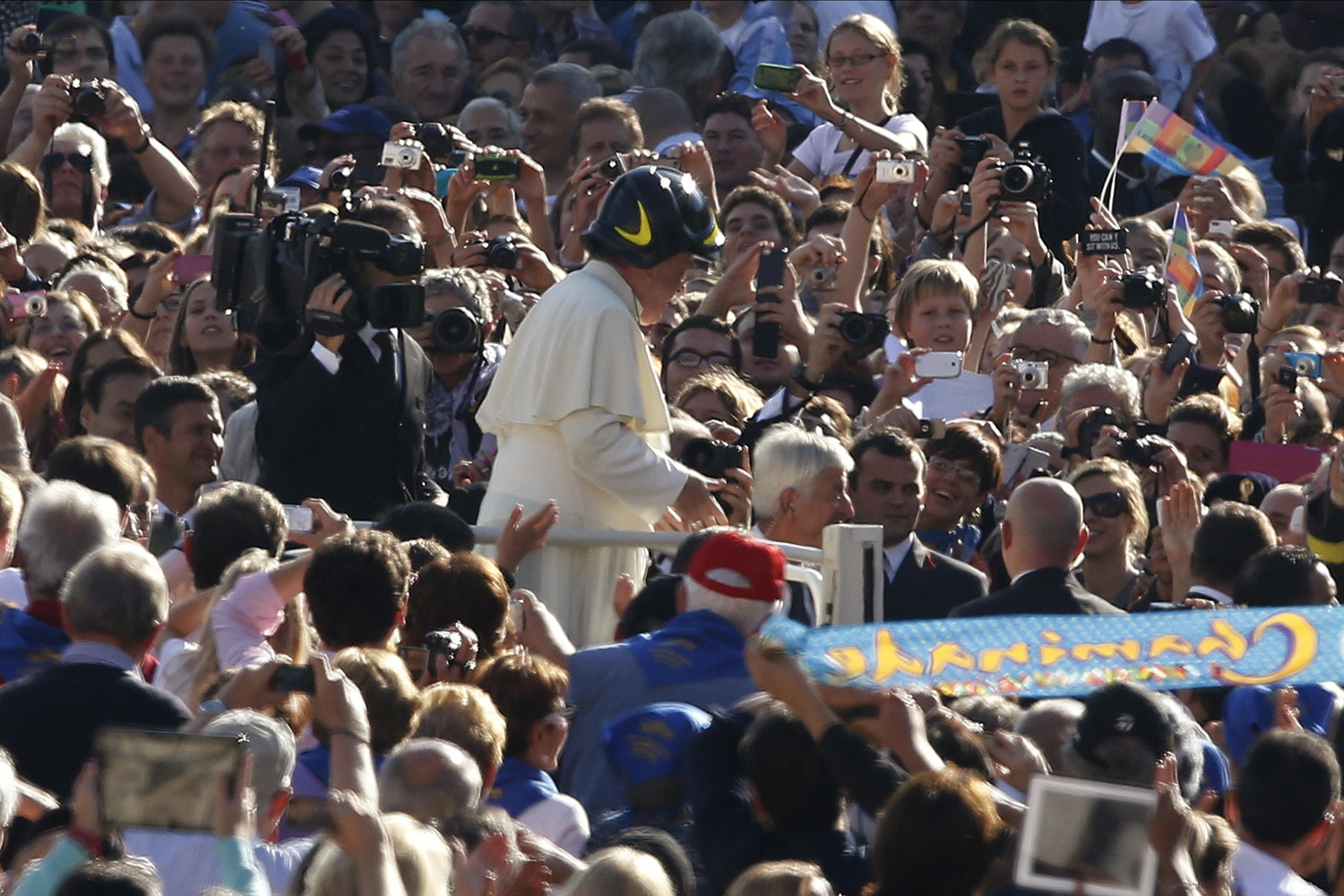
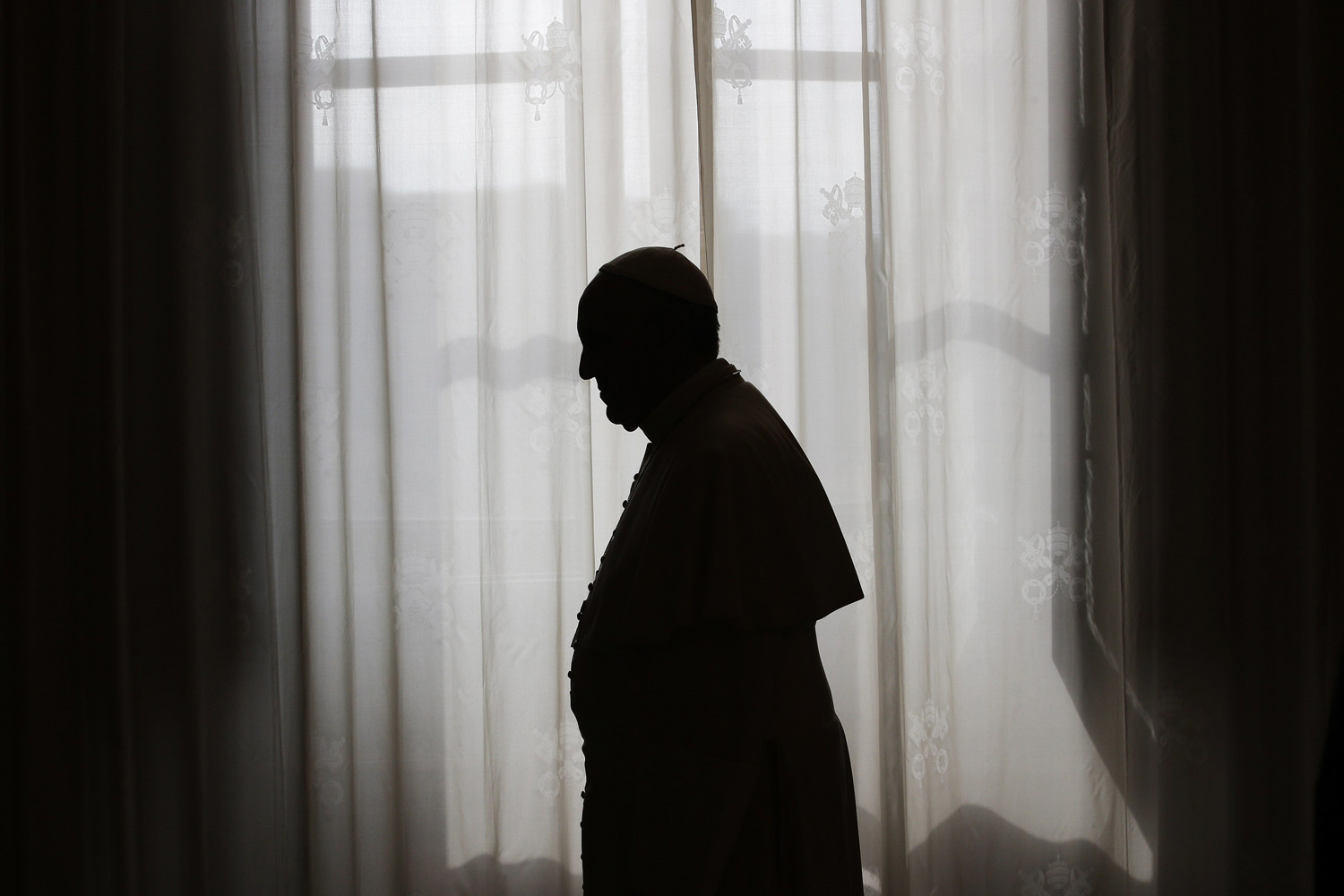
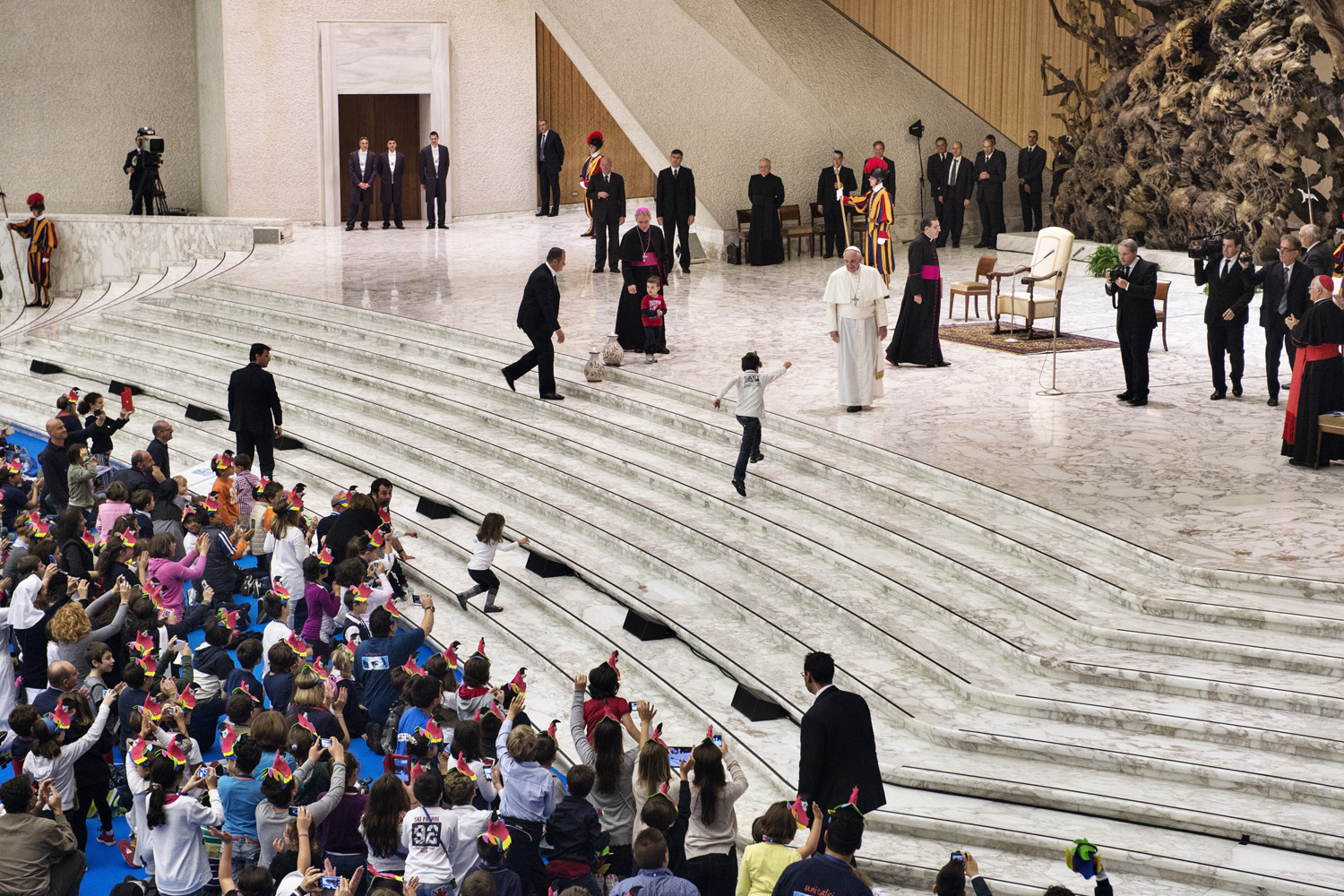
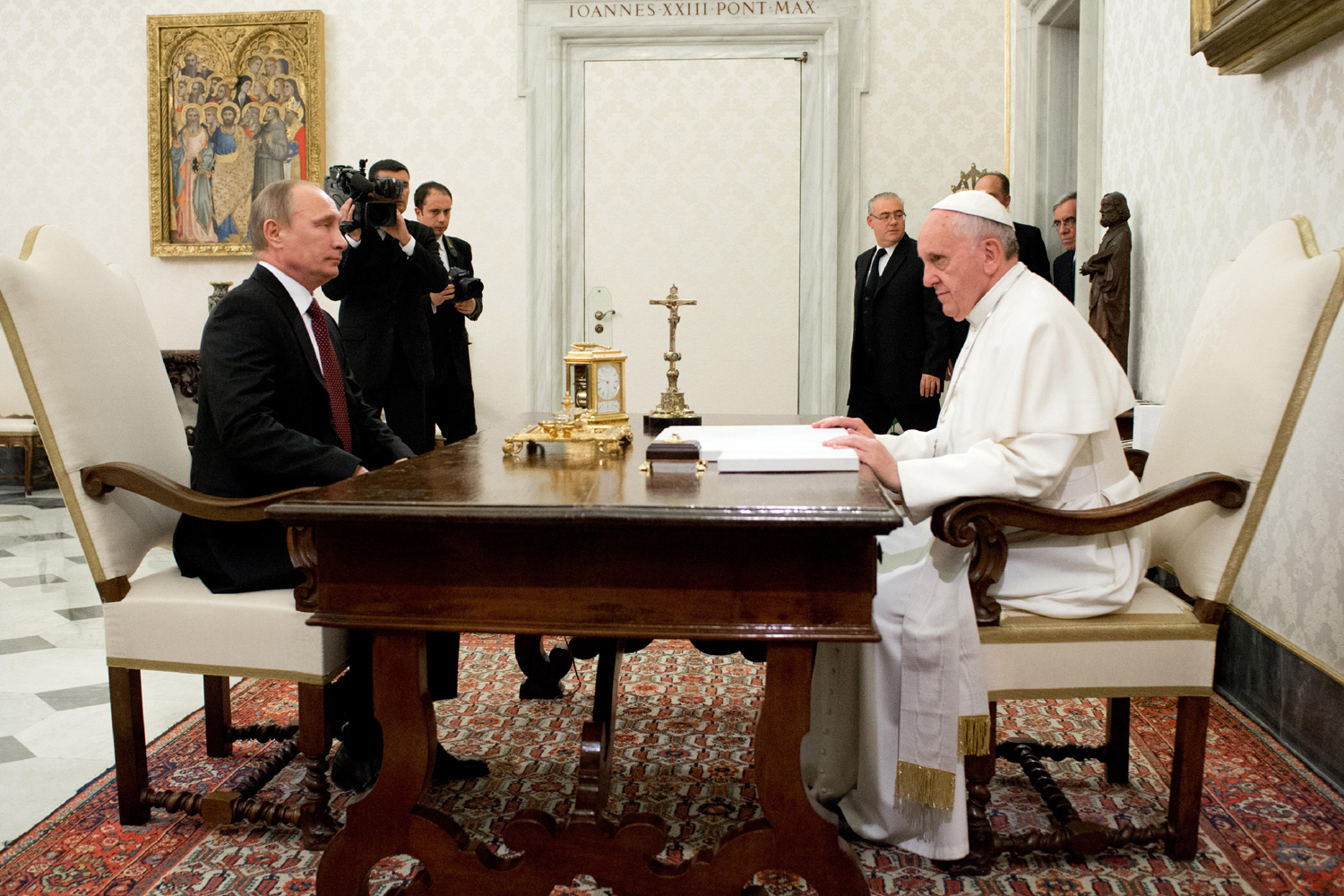
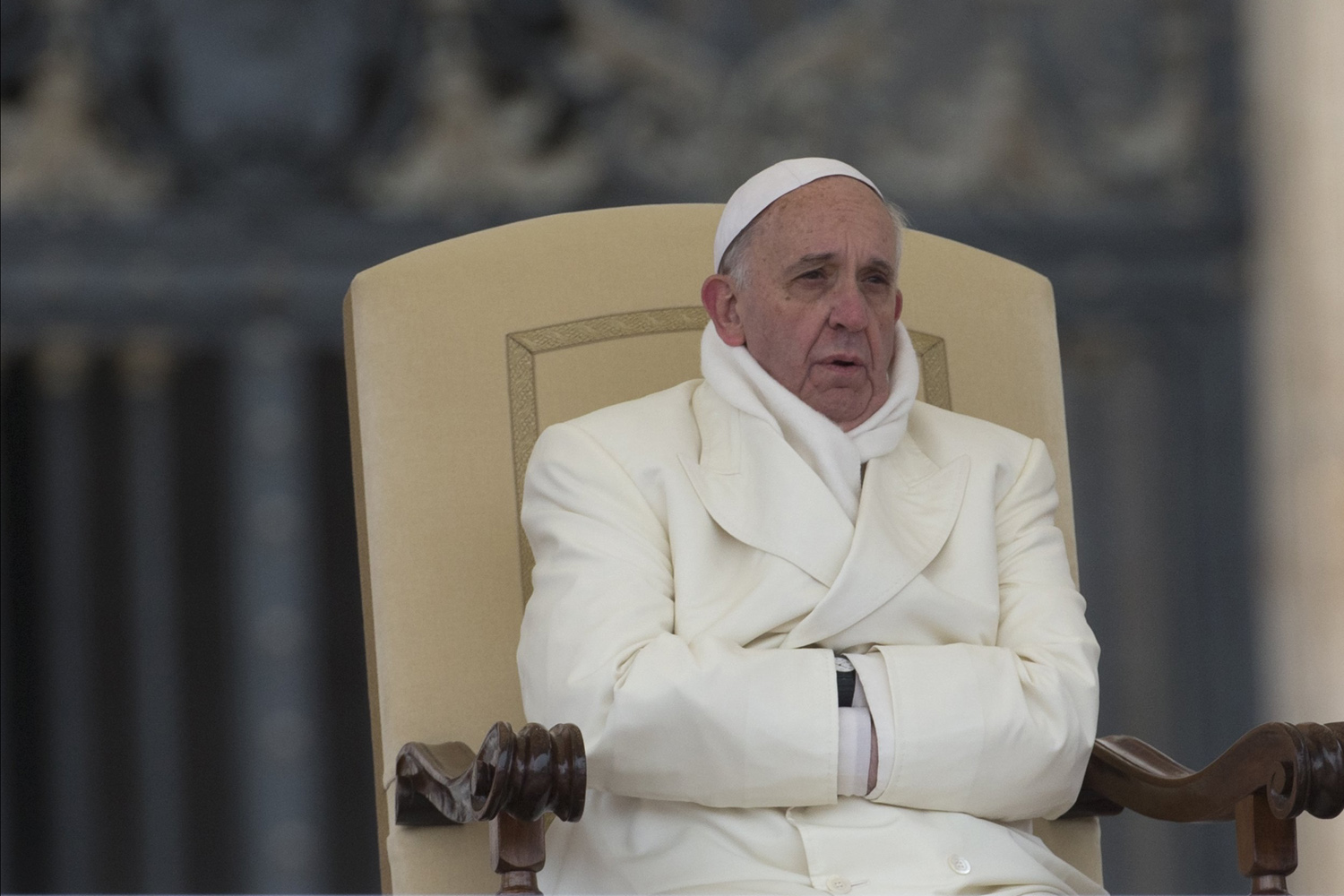
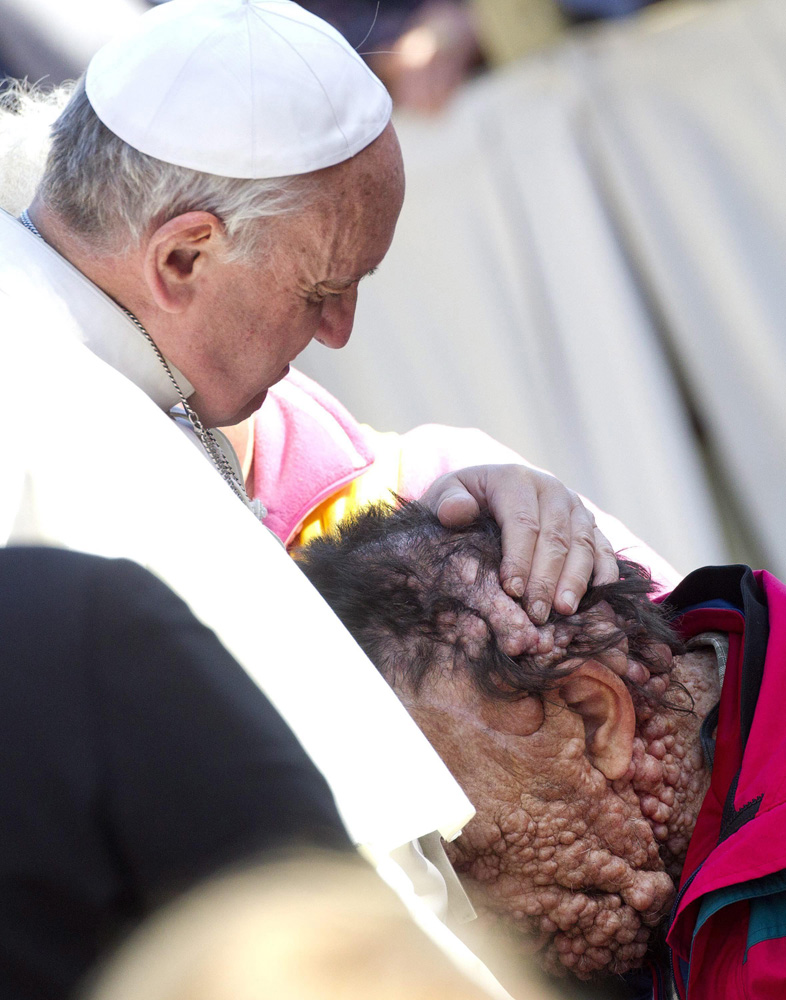
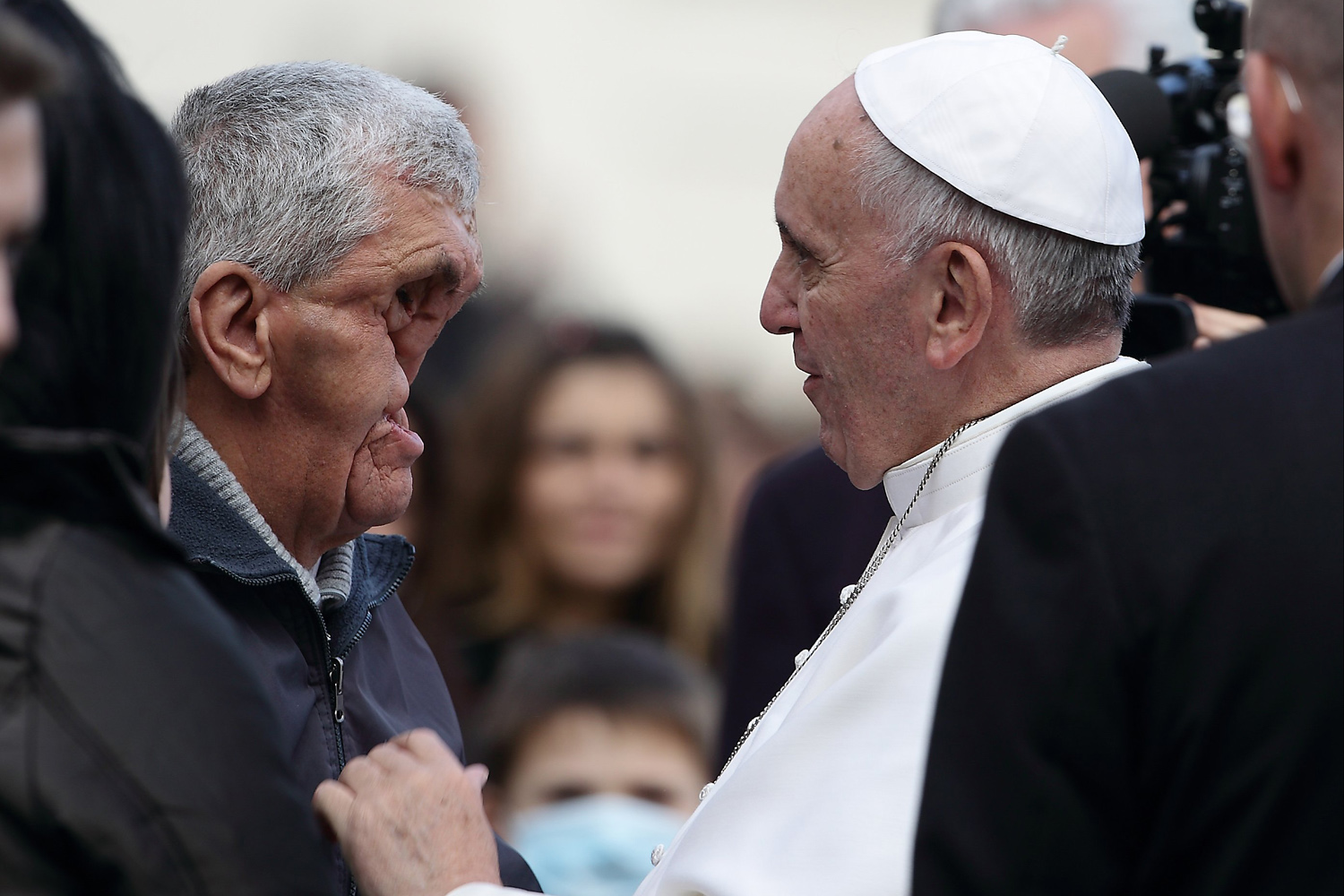
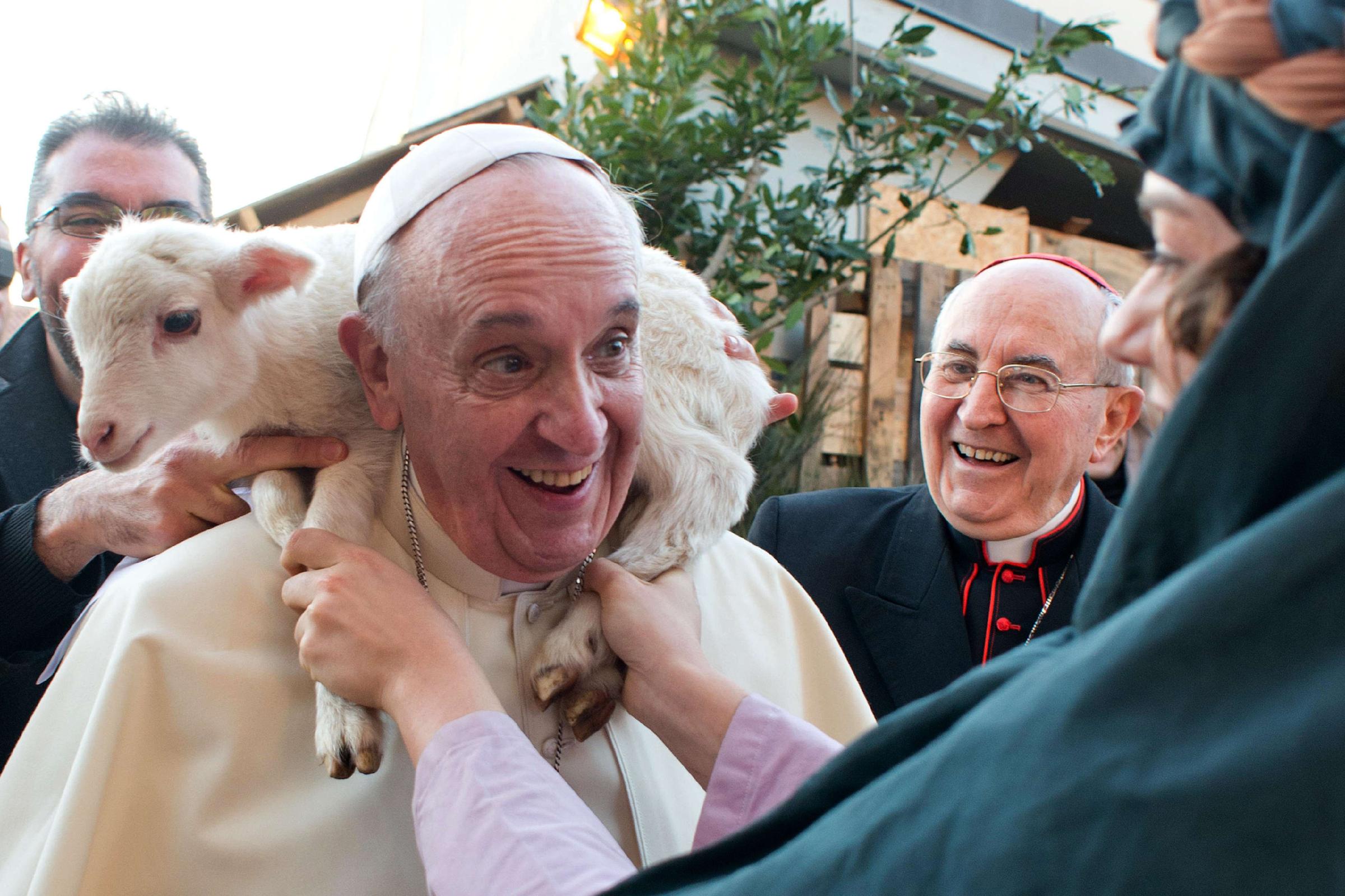
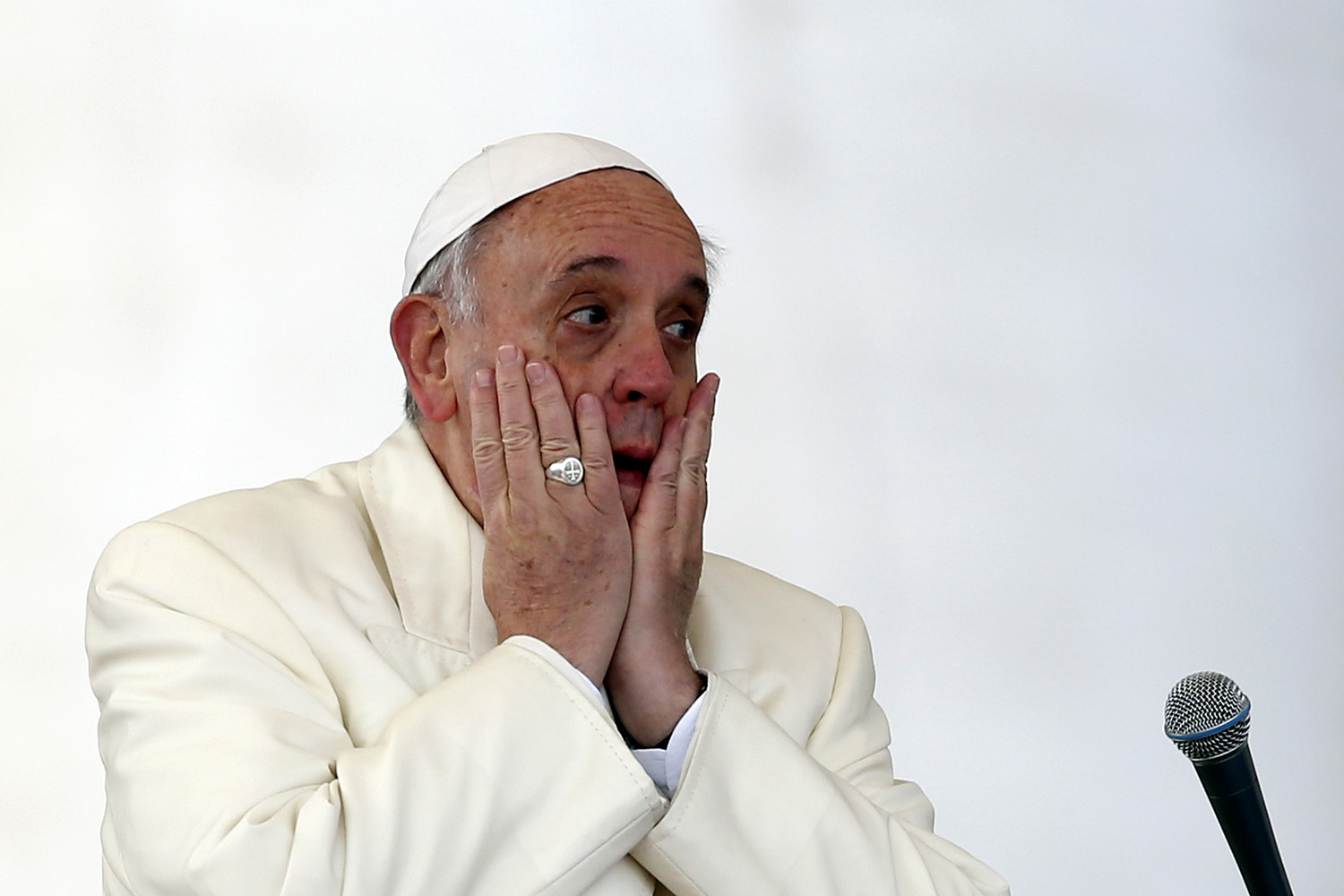
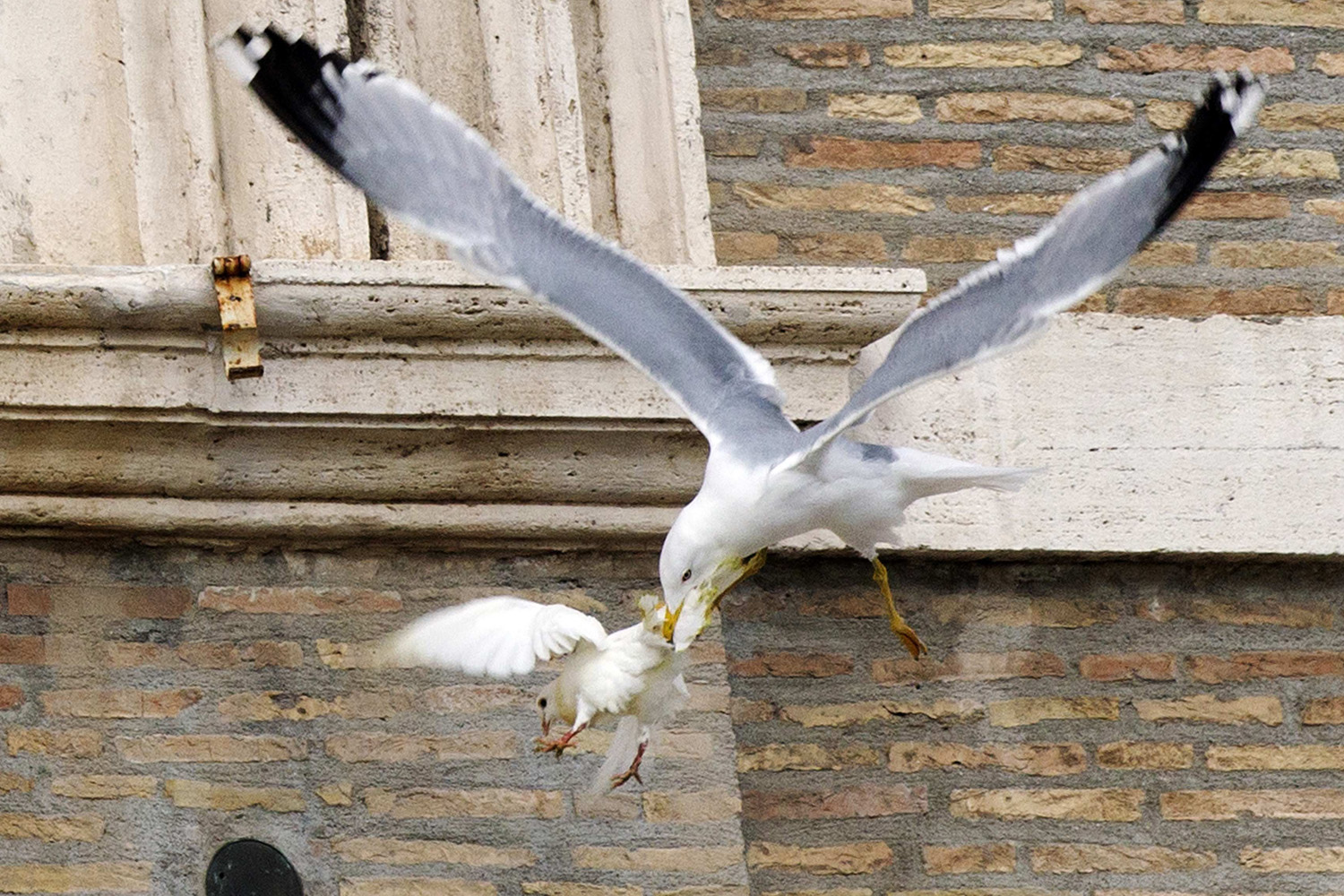
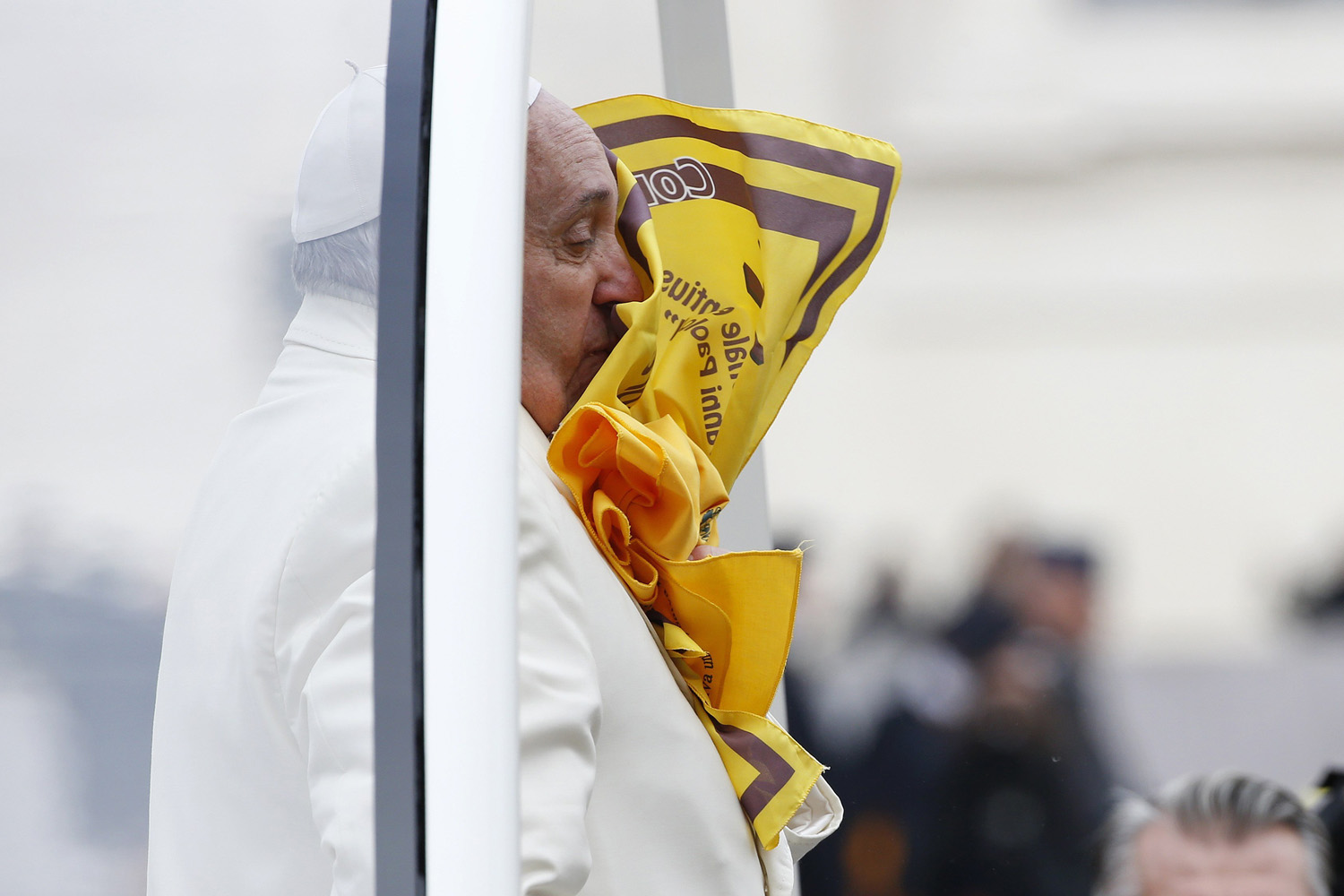
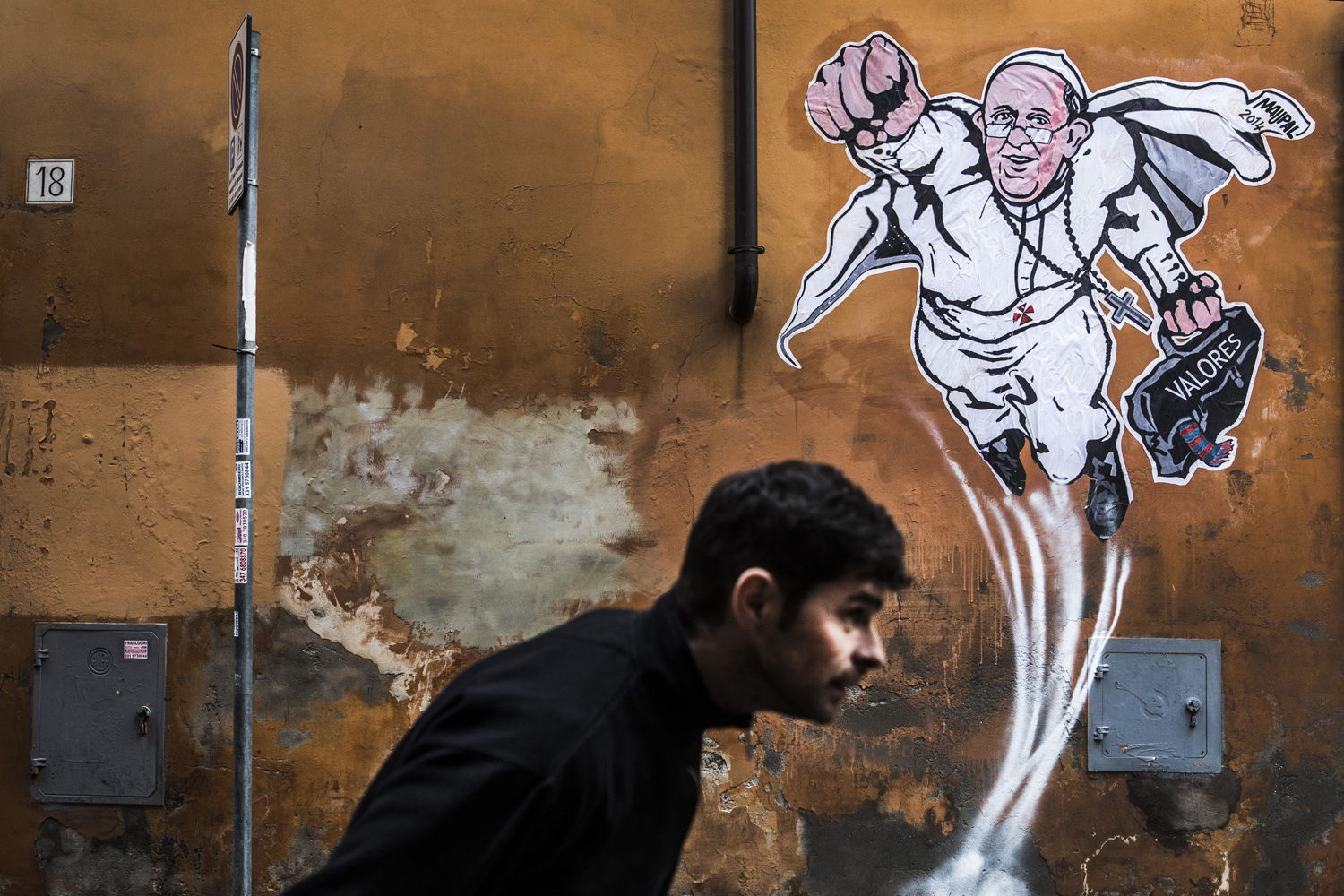
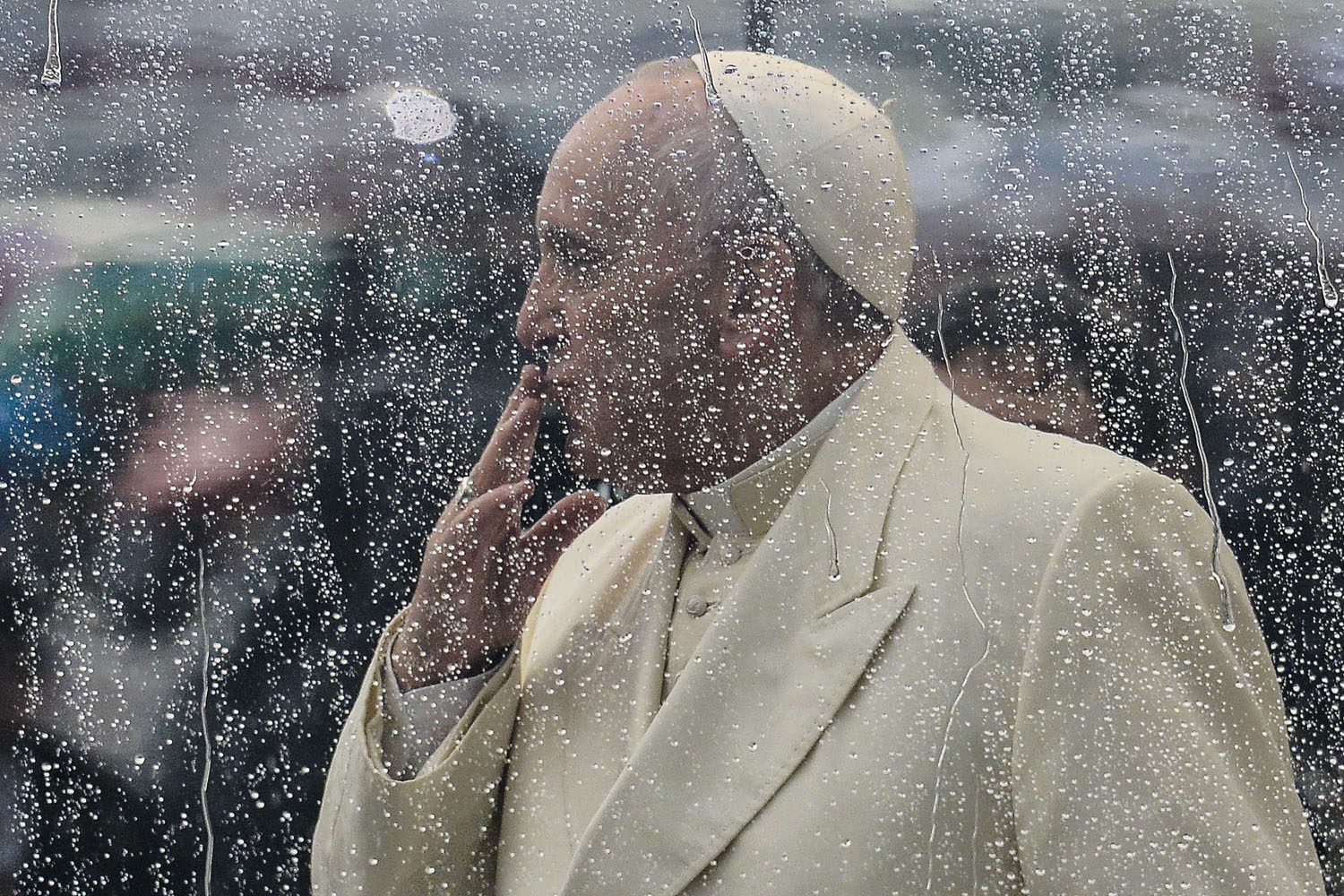
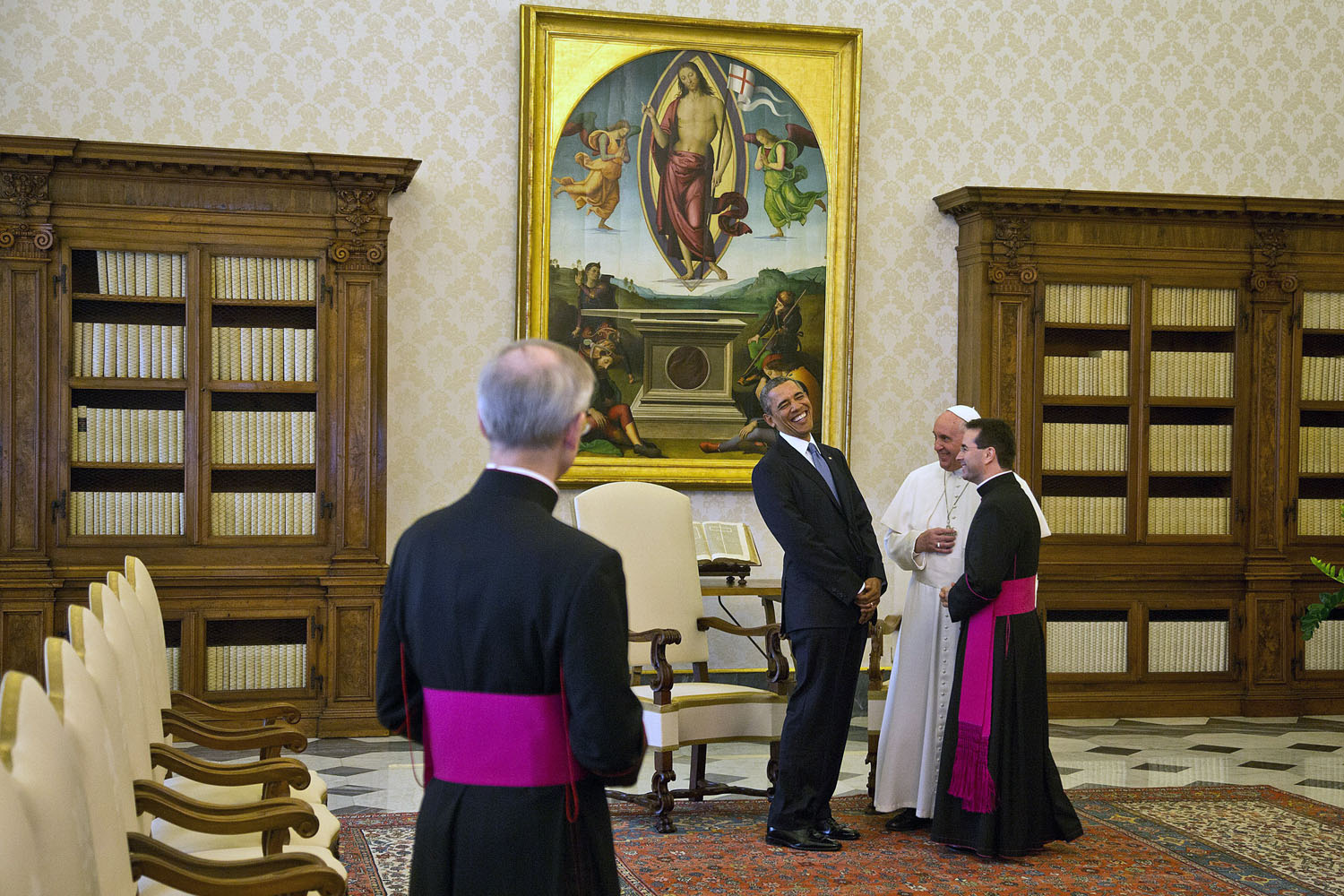
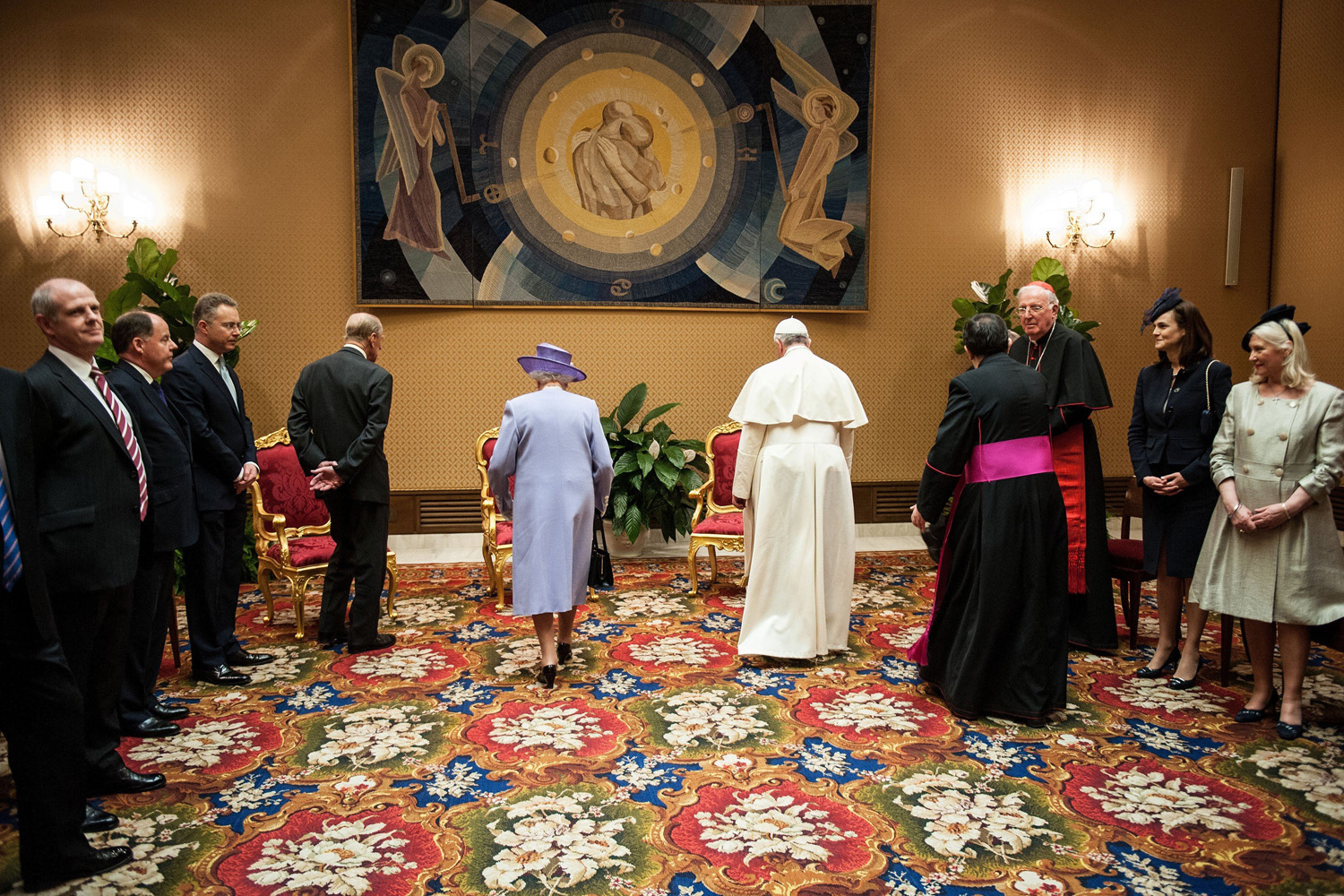
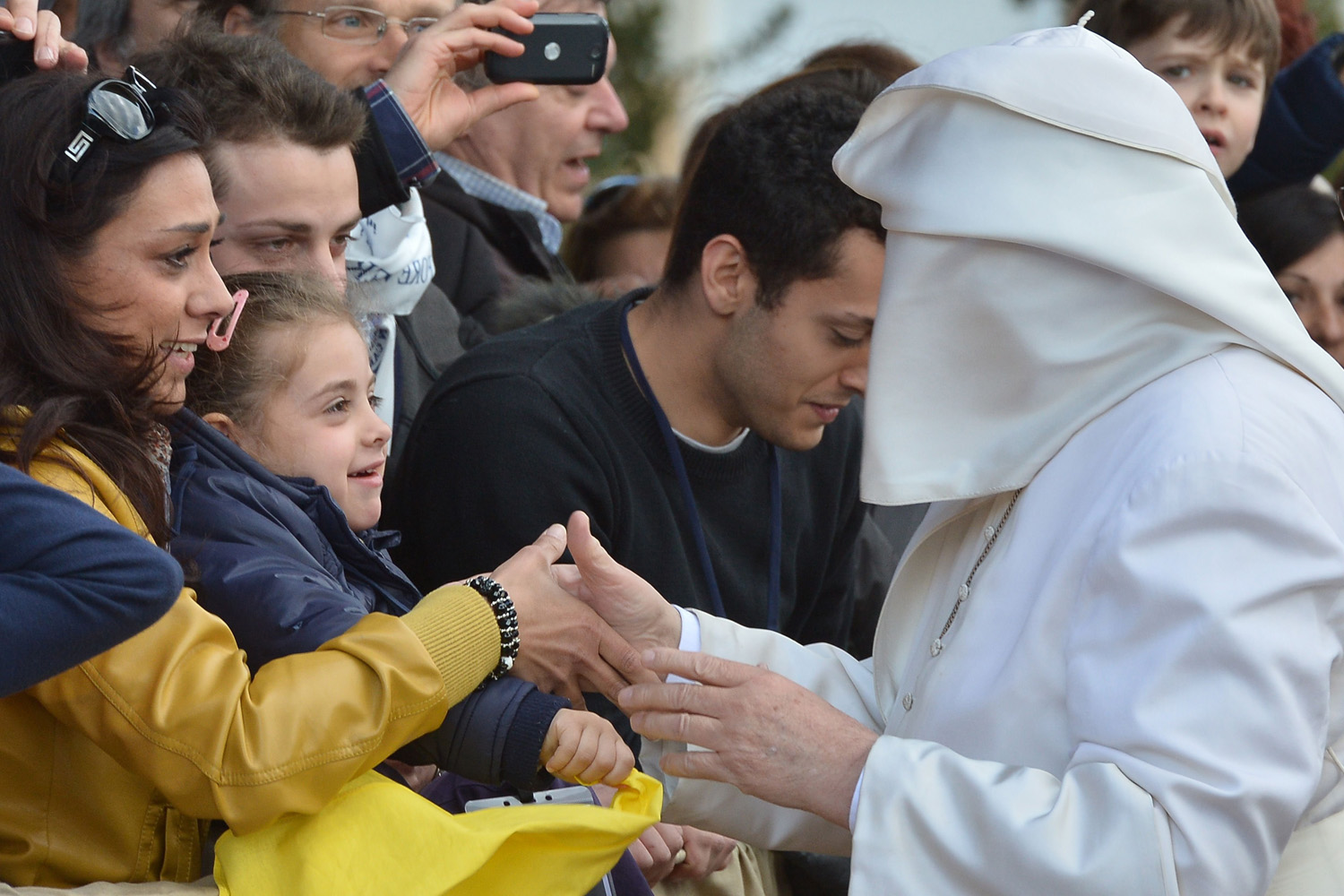
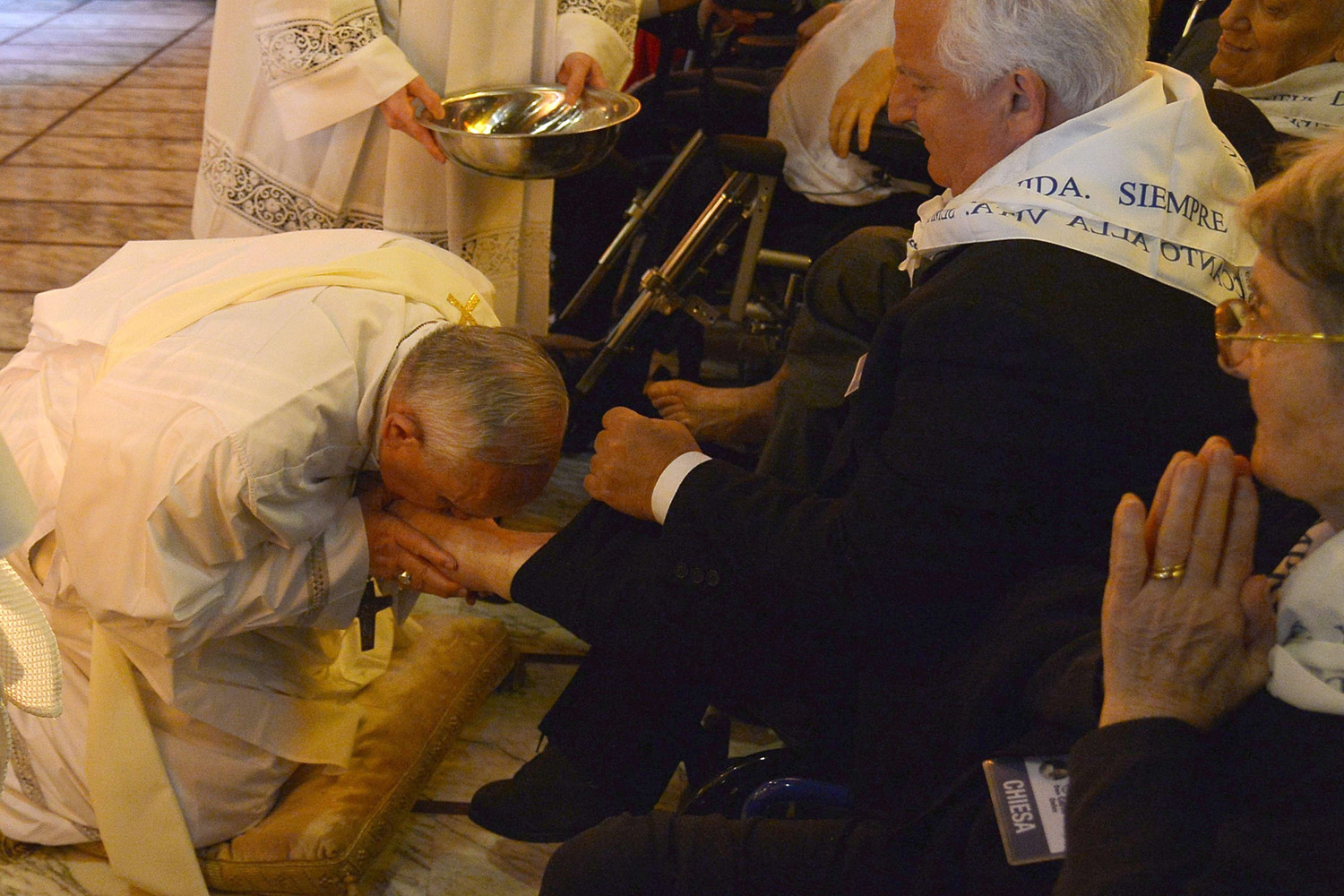
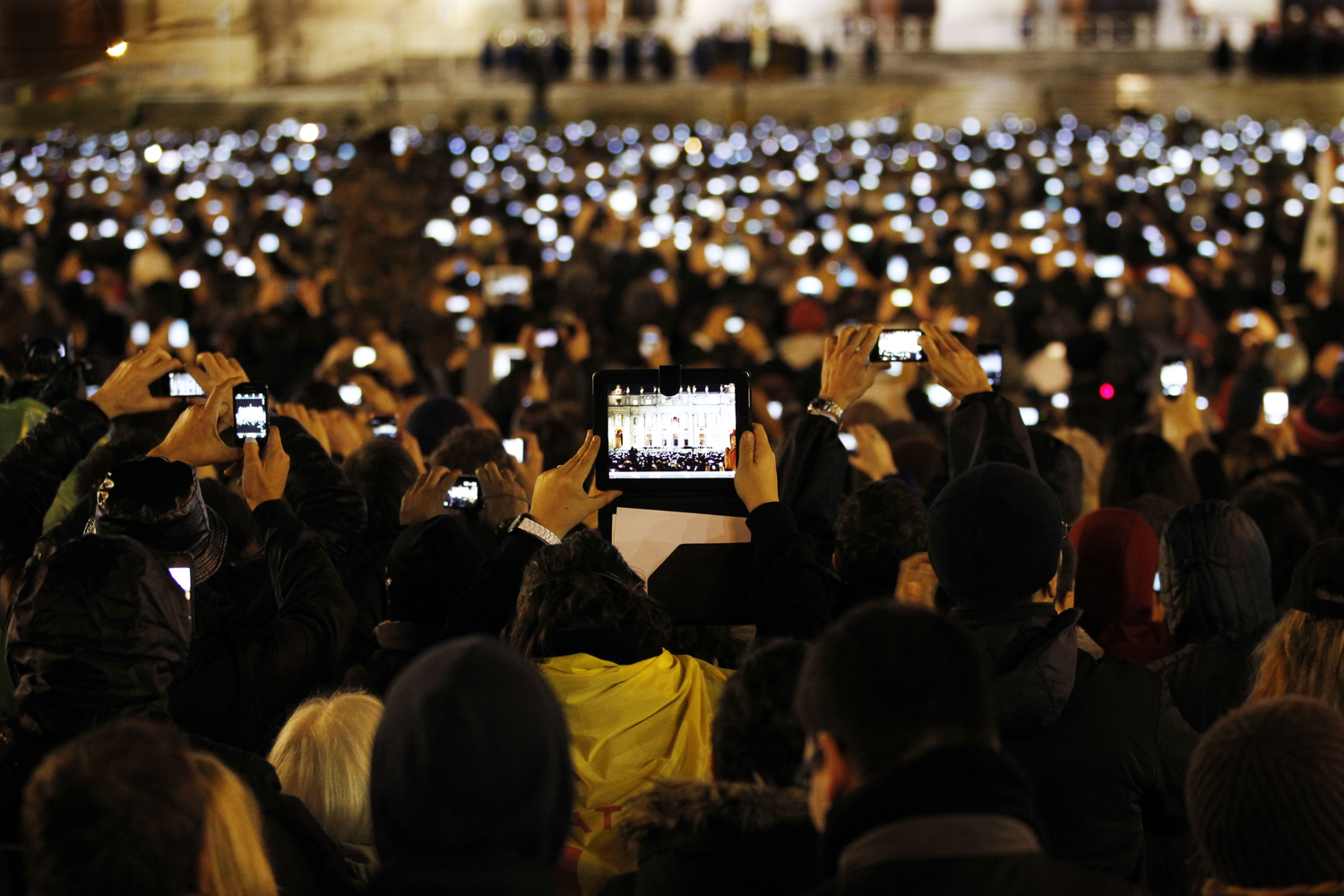
Read next: The Top 4 Misconceptions About Pope Francis
Download TIME’s mobile app for iOS to have your world explained wherever you go
More Must-Reads from TIME
- L.A. Fires Show Reality of 1.5°C of Warming
- Behind the Scenes of The White Lotus Season Three
- How Trump 2.0 Is Already Sowing Confusion
- Bad Bunny On Heartbreak and New Album
- How to Get Better at Doing Things Alone
- We’re Lucky to Have Been Alive in the Age of David Lynch
- The Motivational Trick That Makes You Exercise Harder
- Column: All Those Presidential Pardons Give Mercy a Bad Name
Contact us at letters@time.com